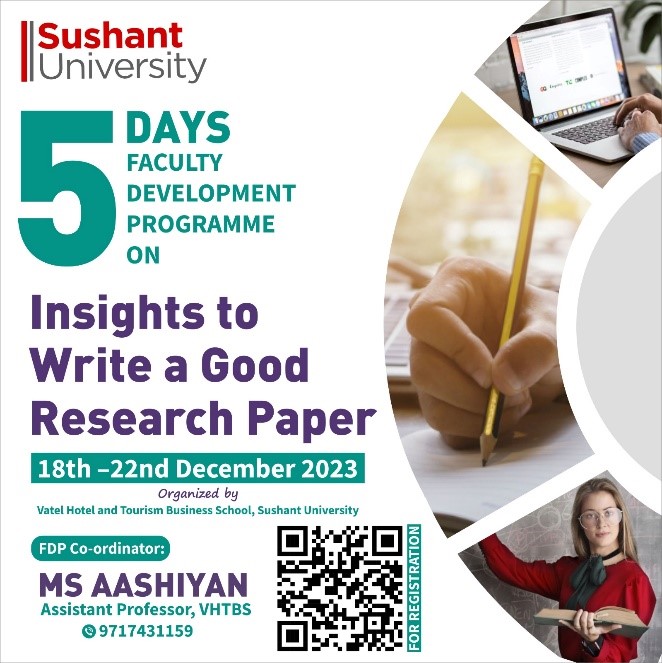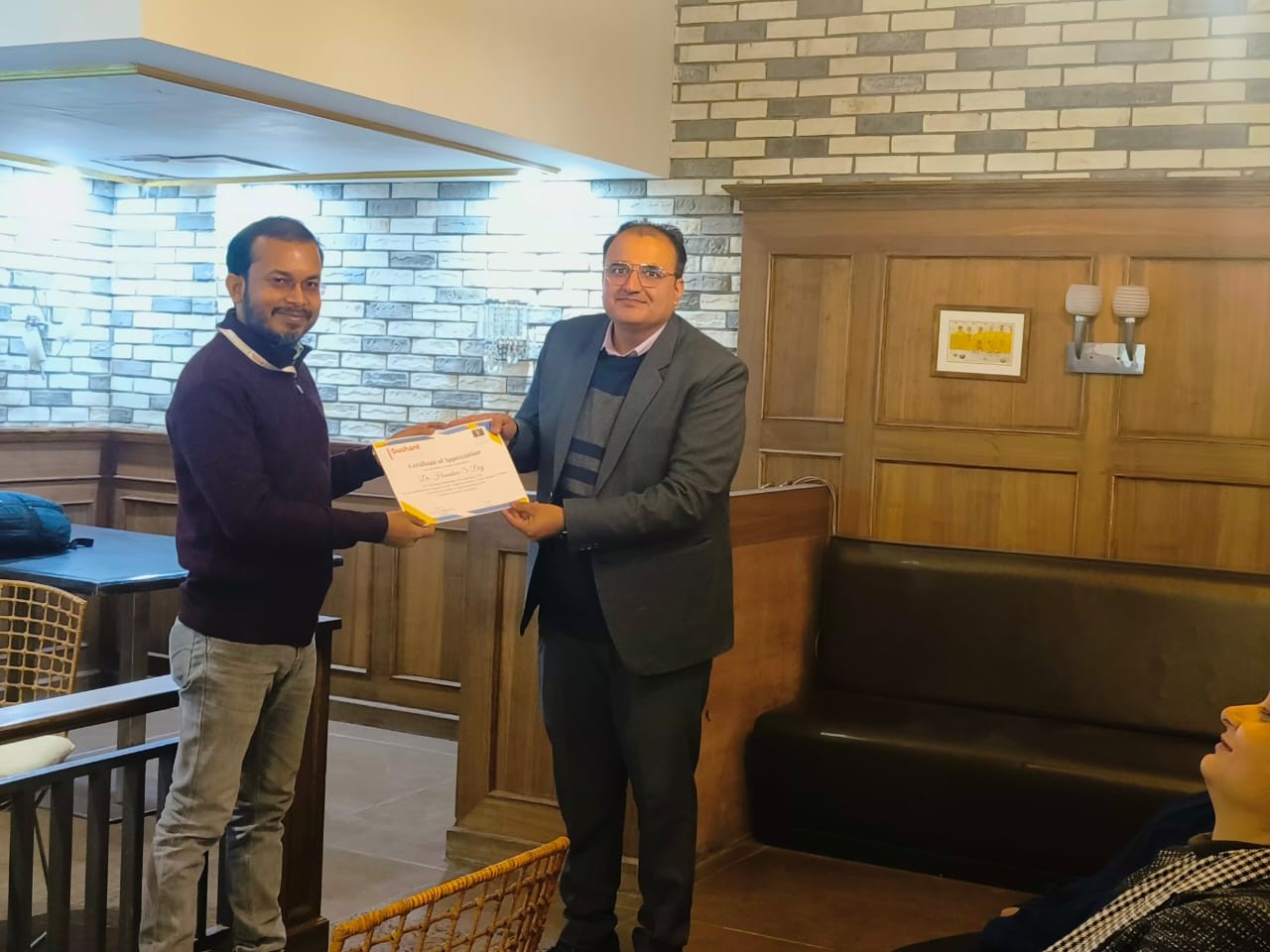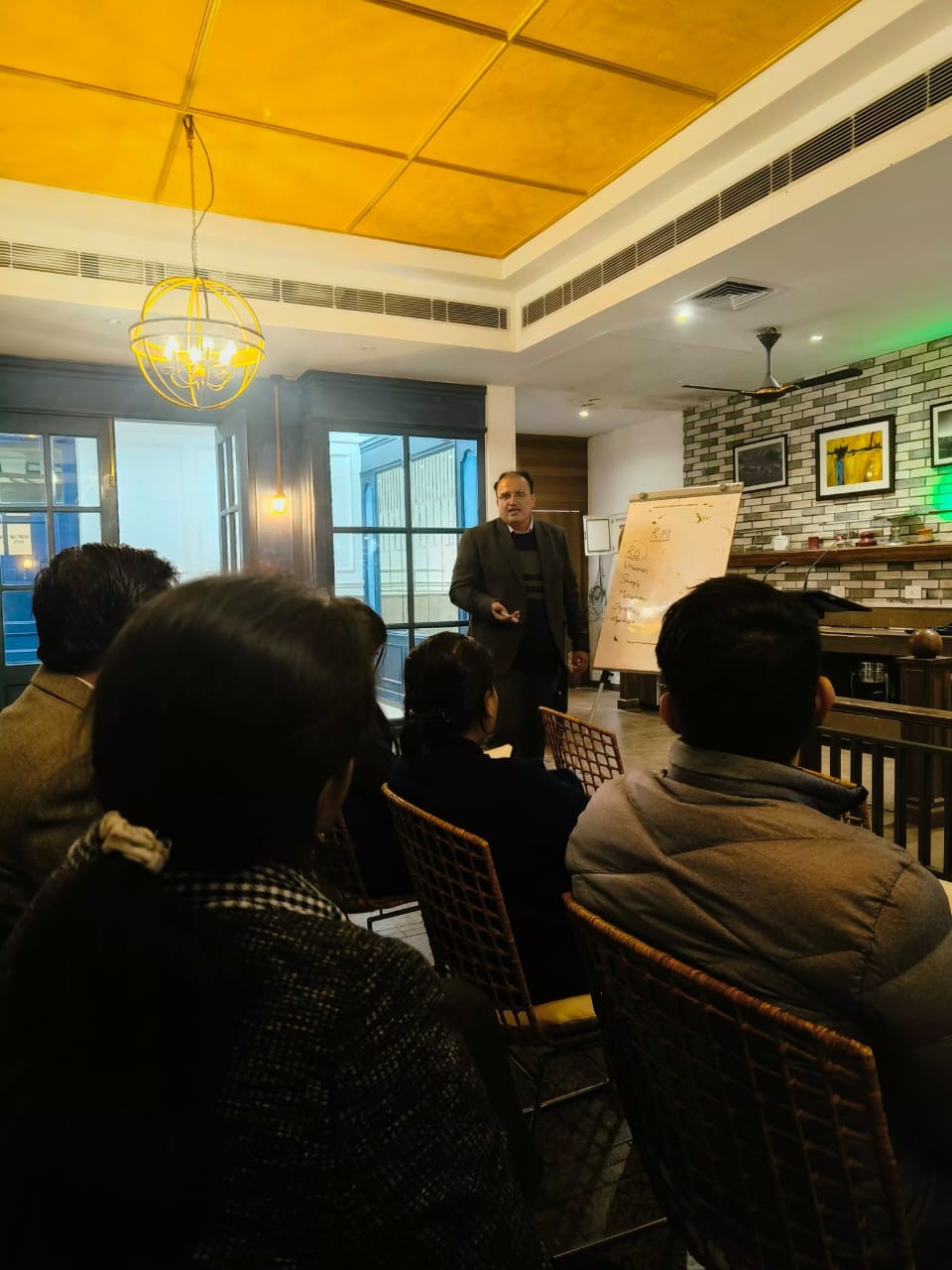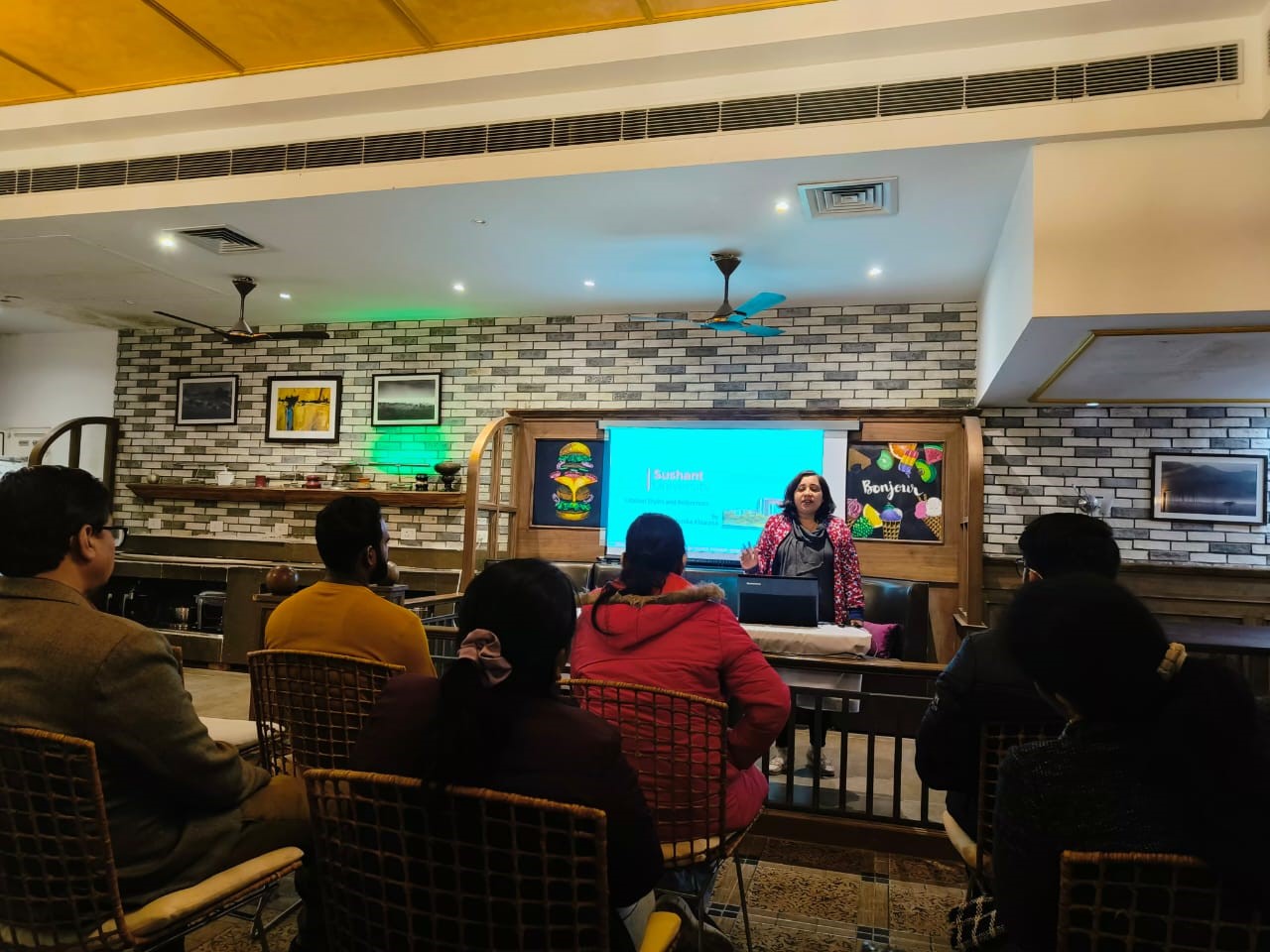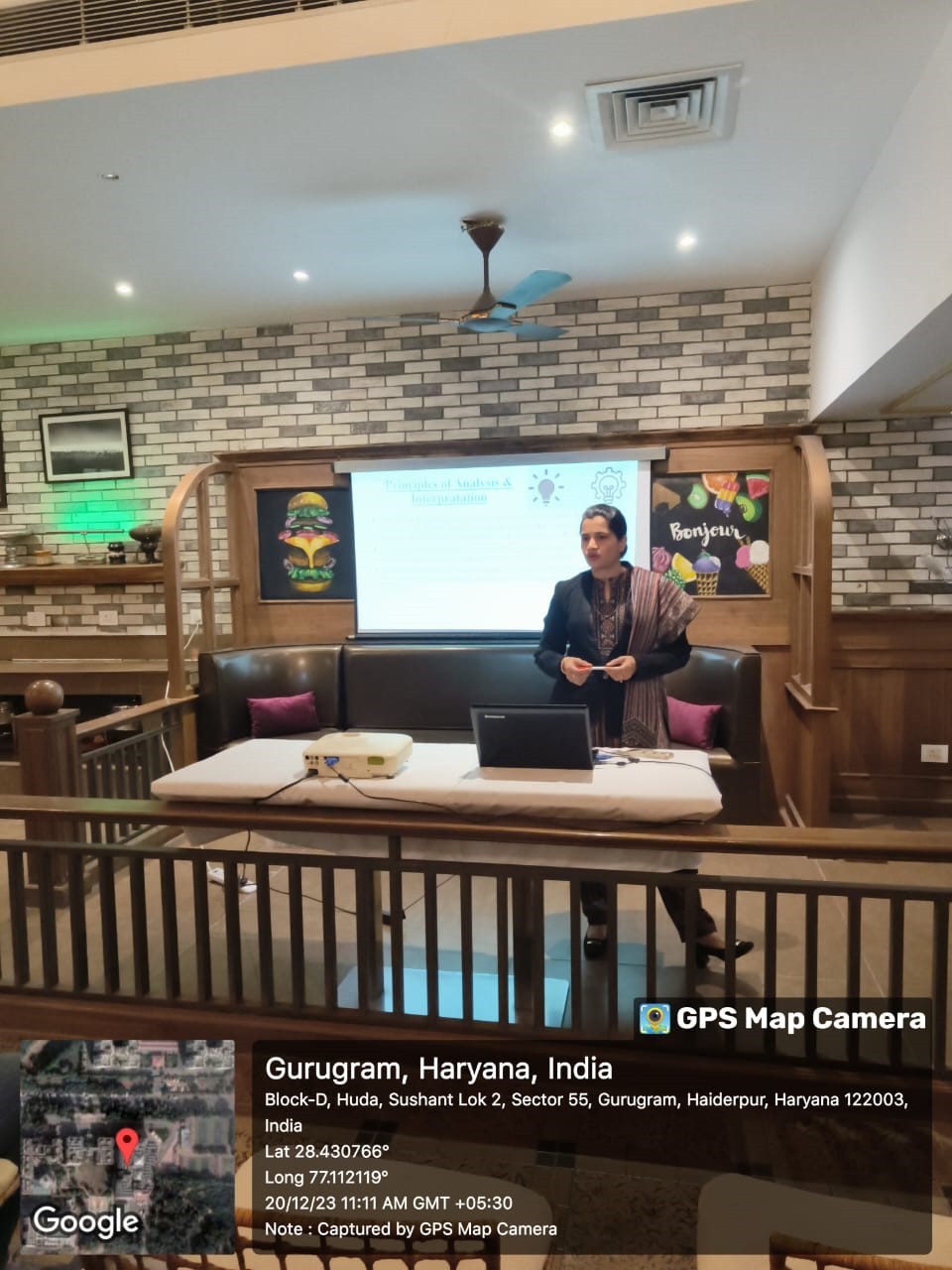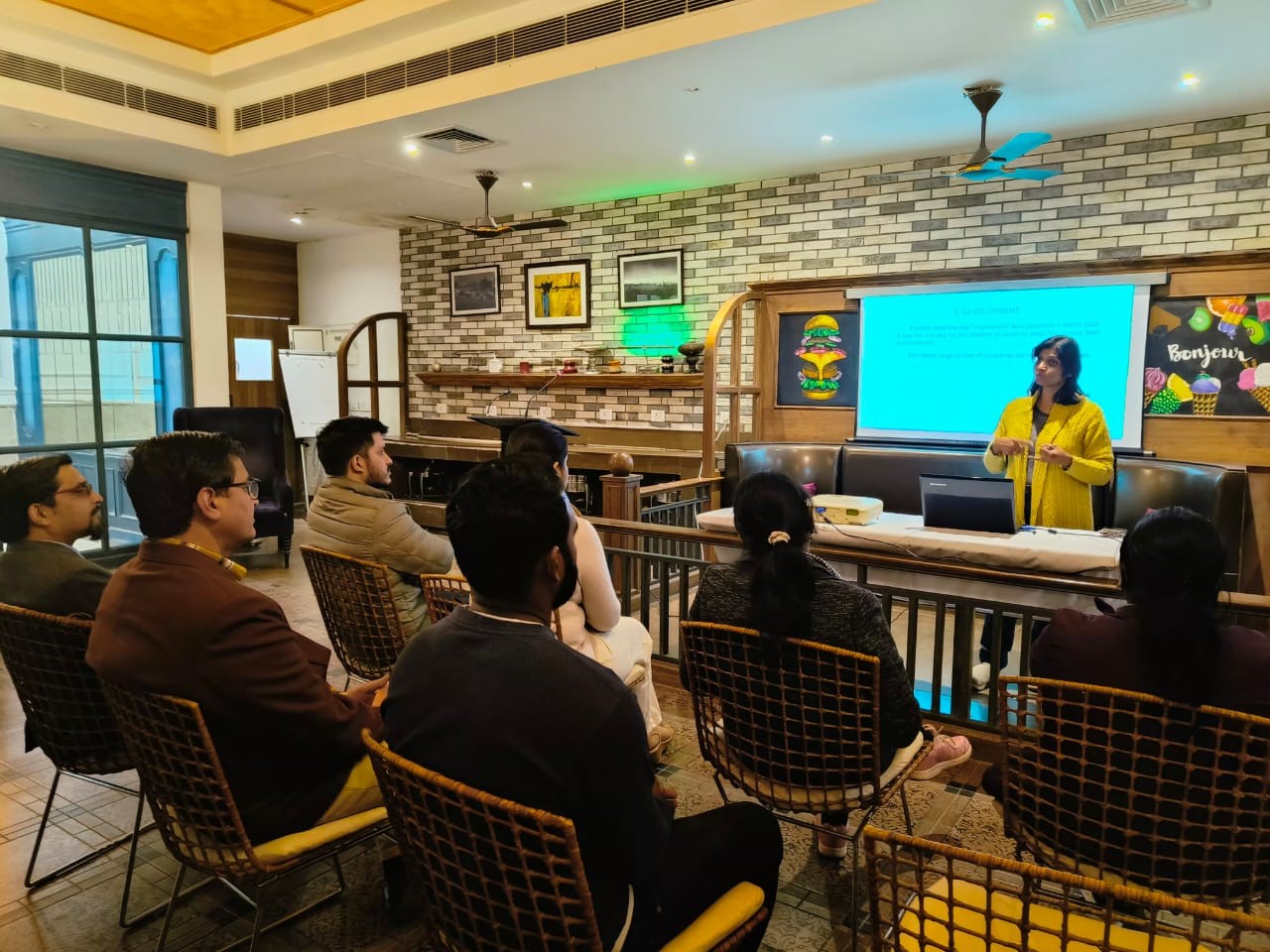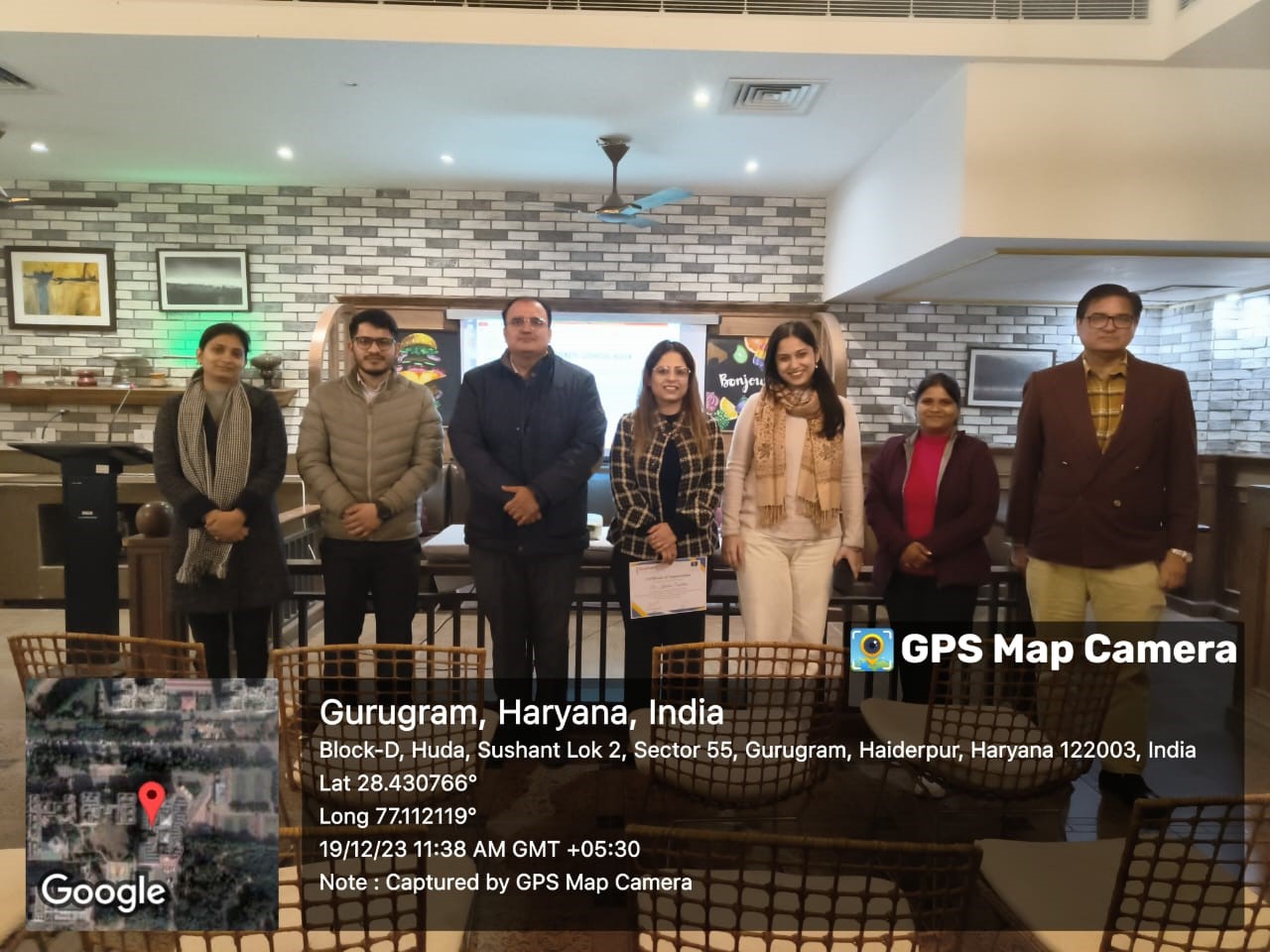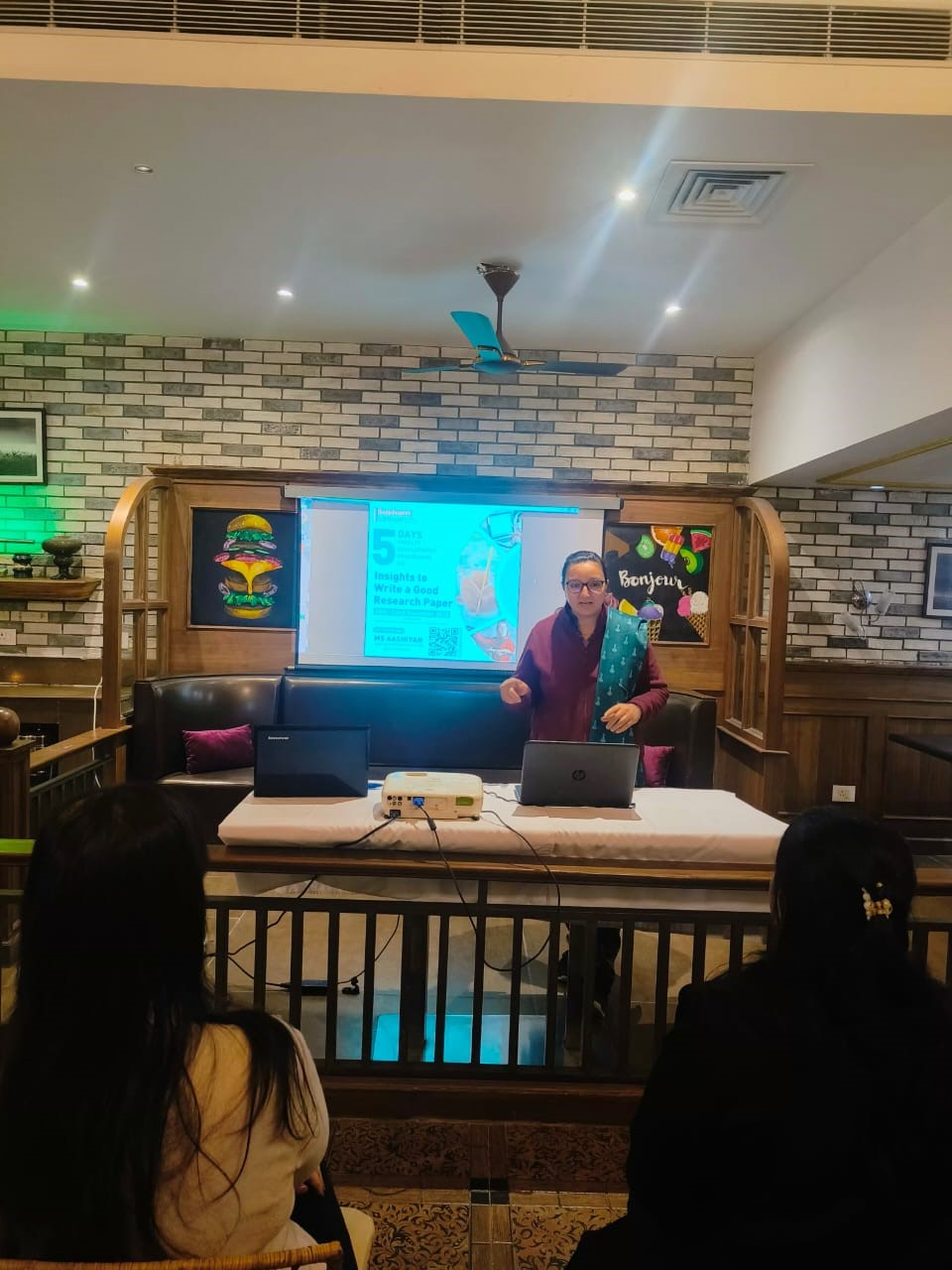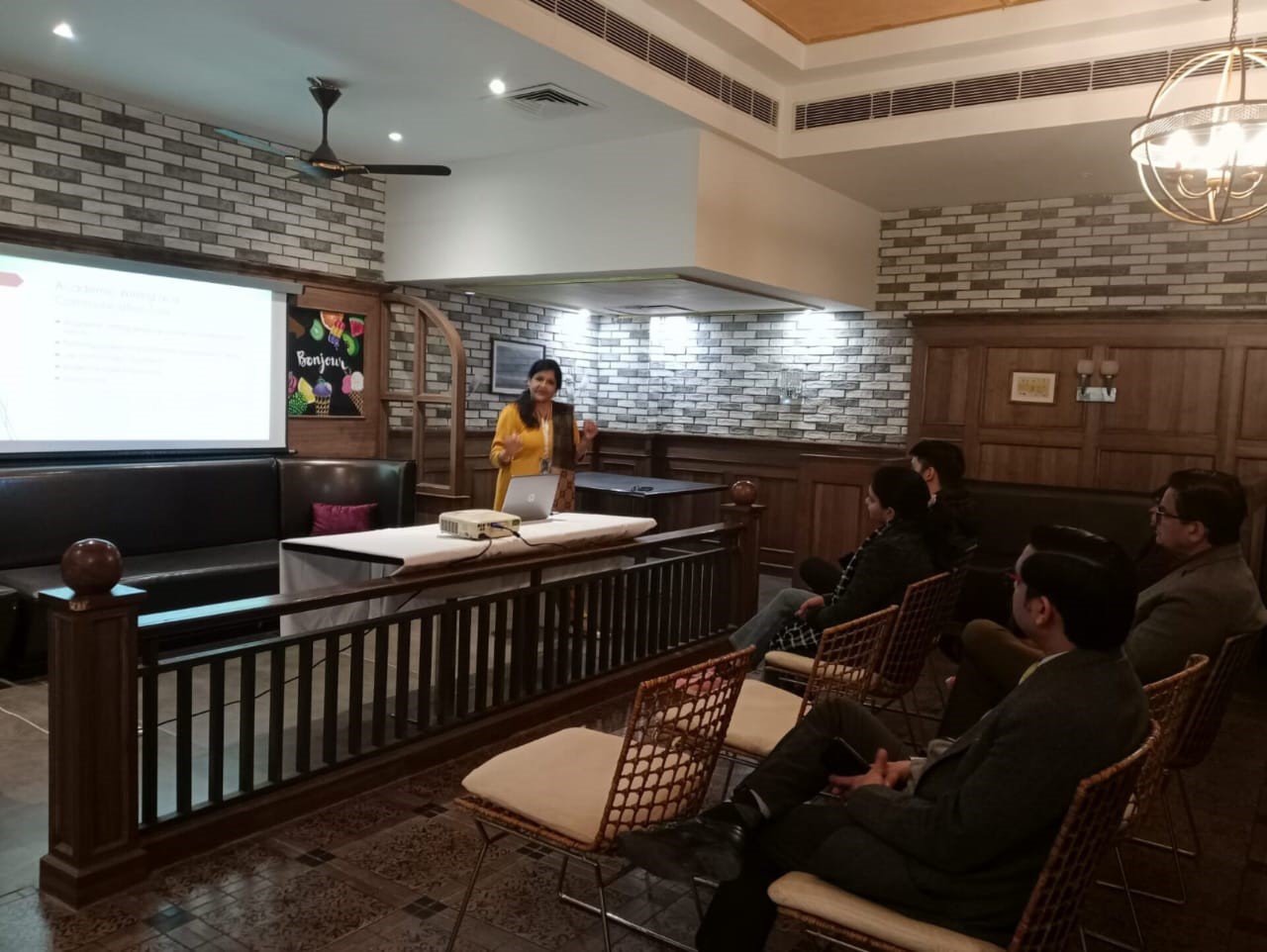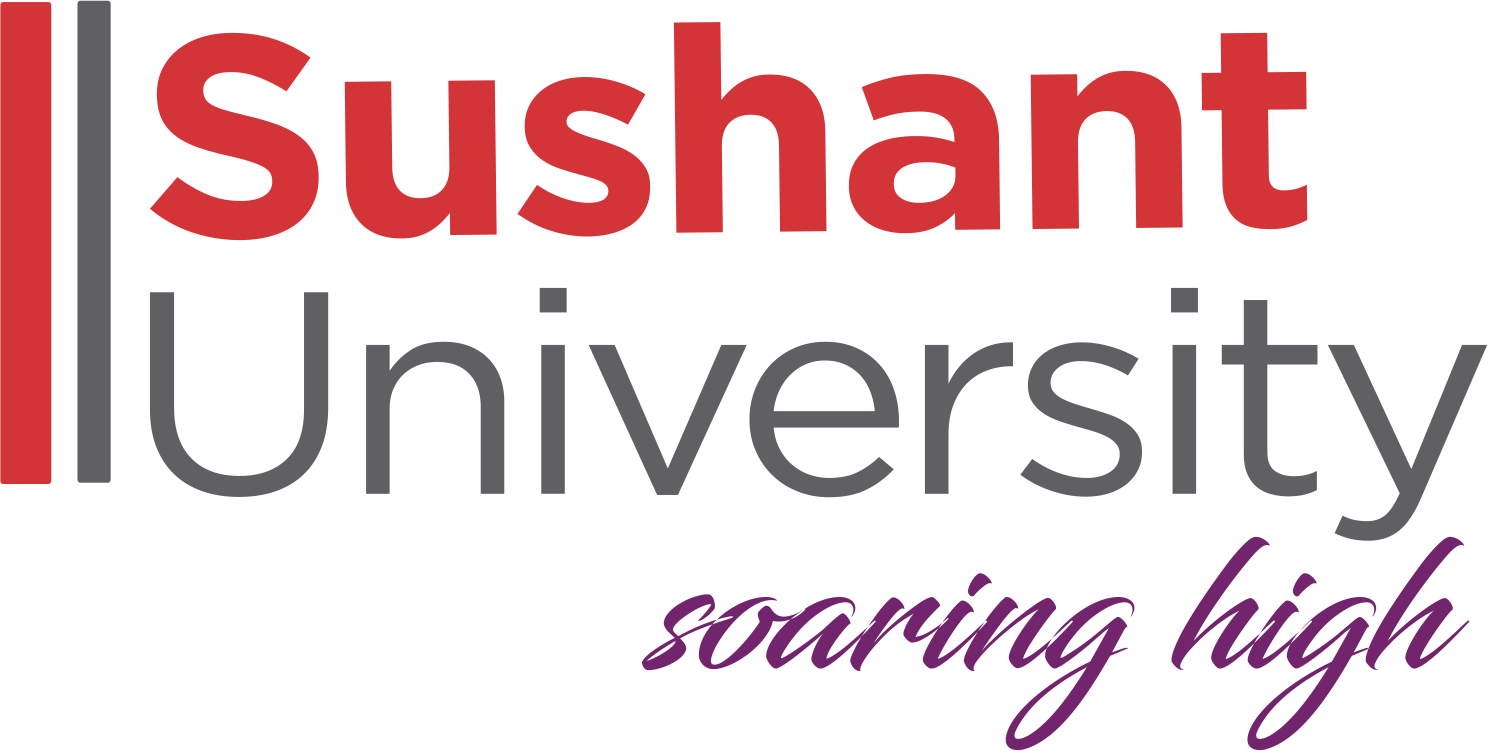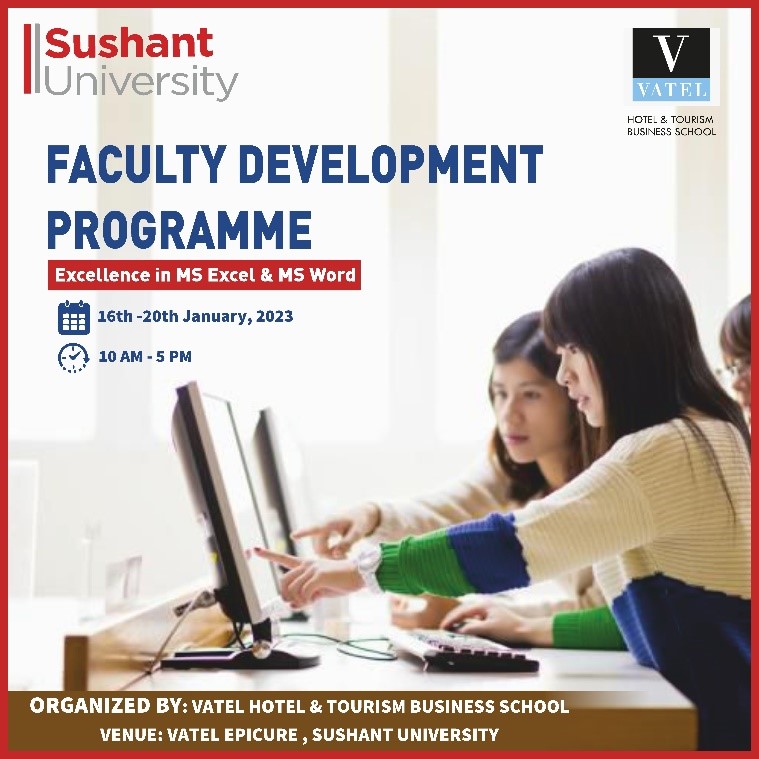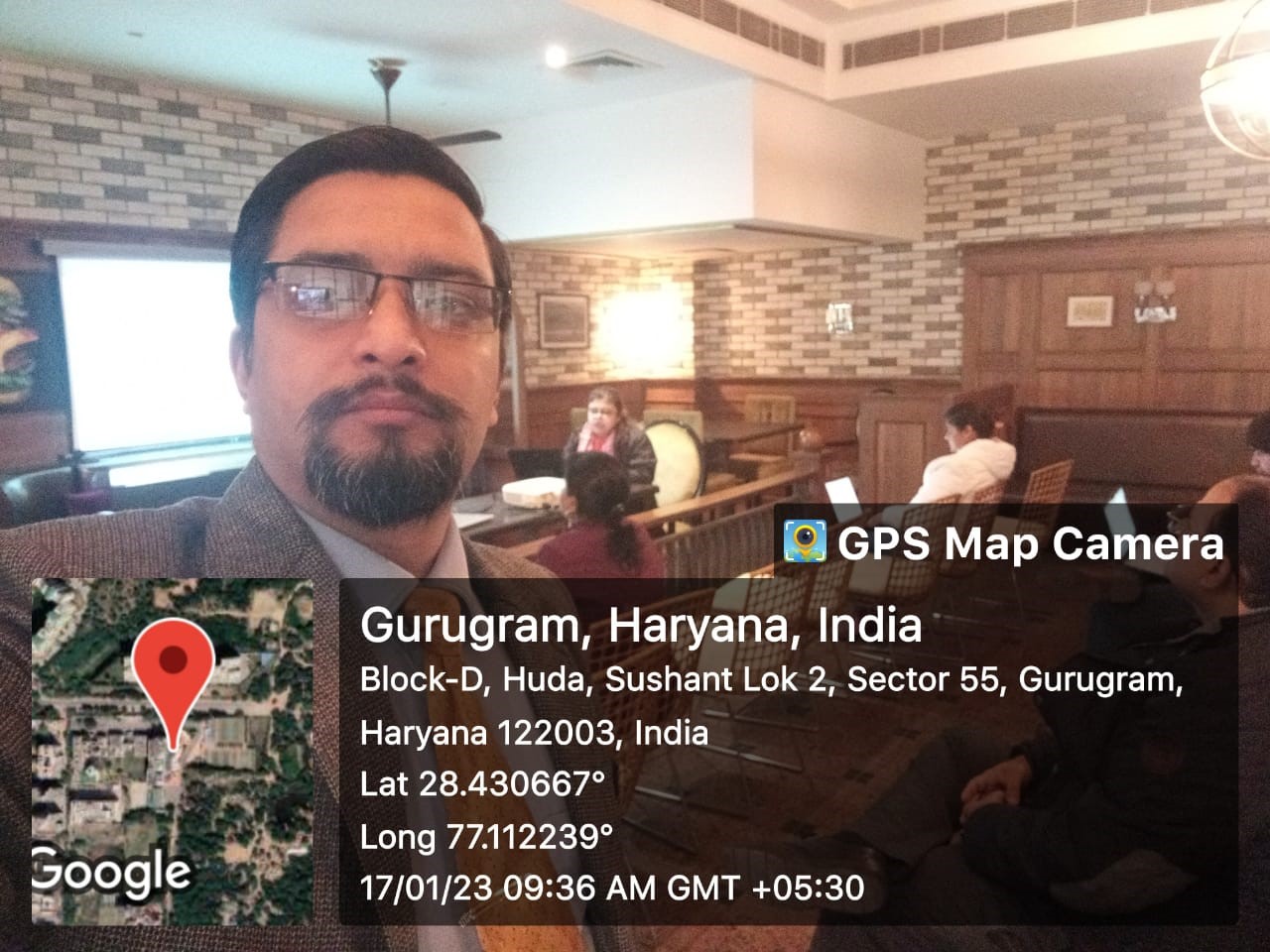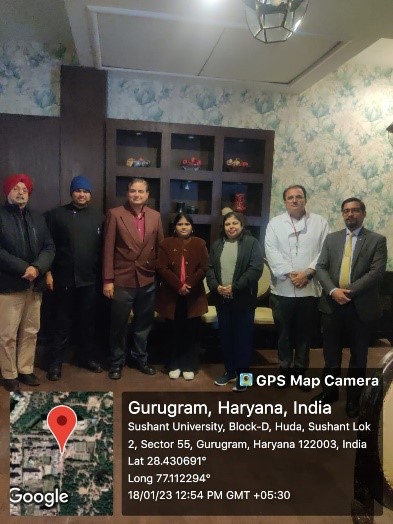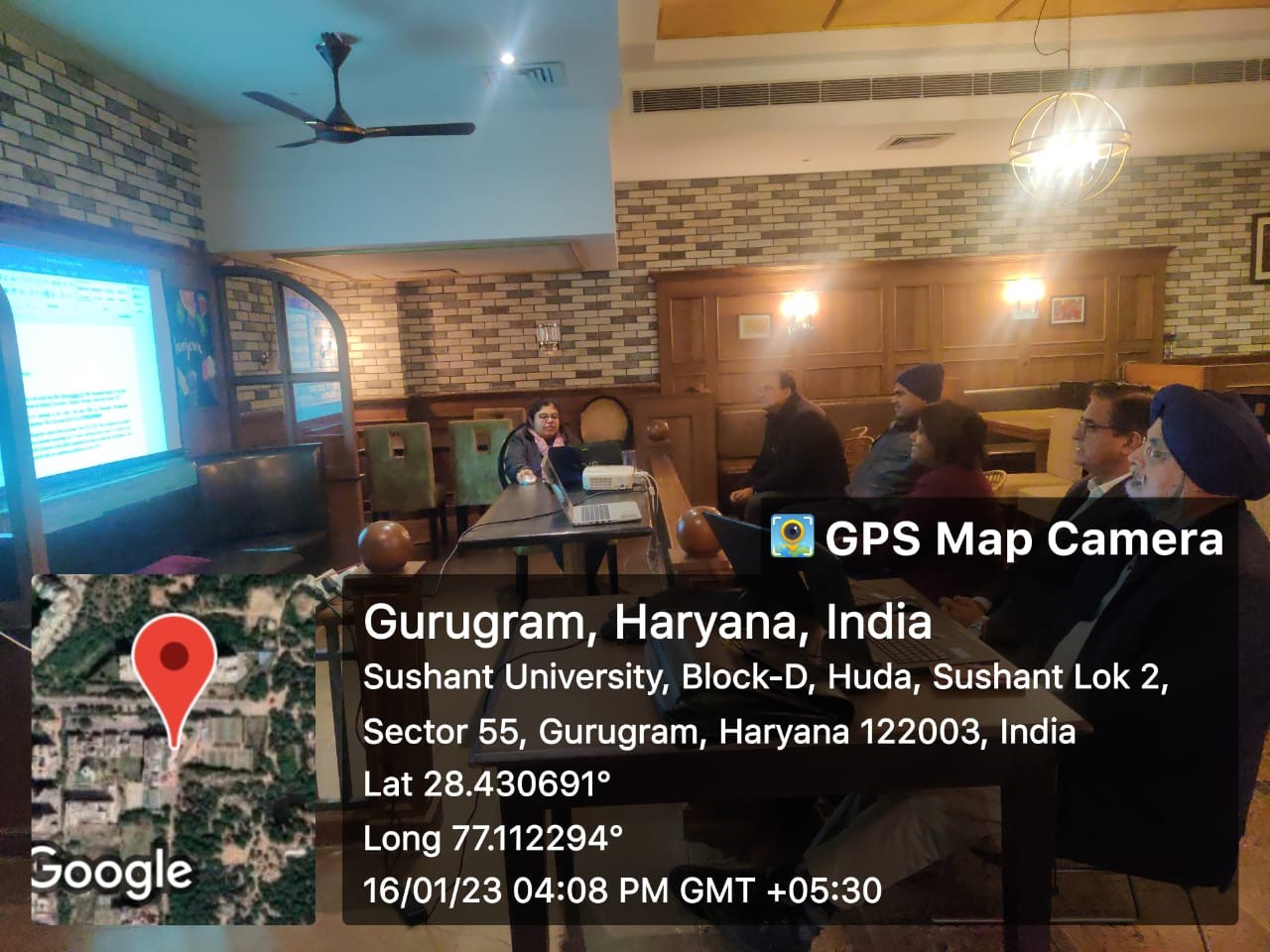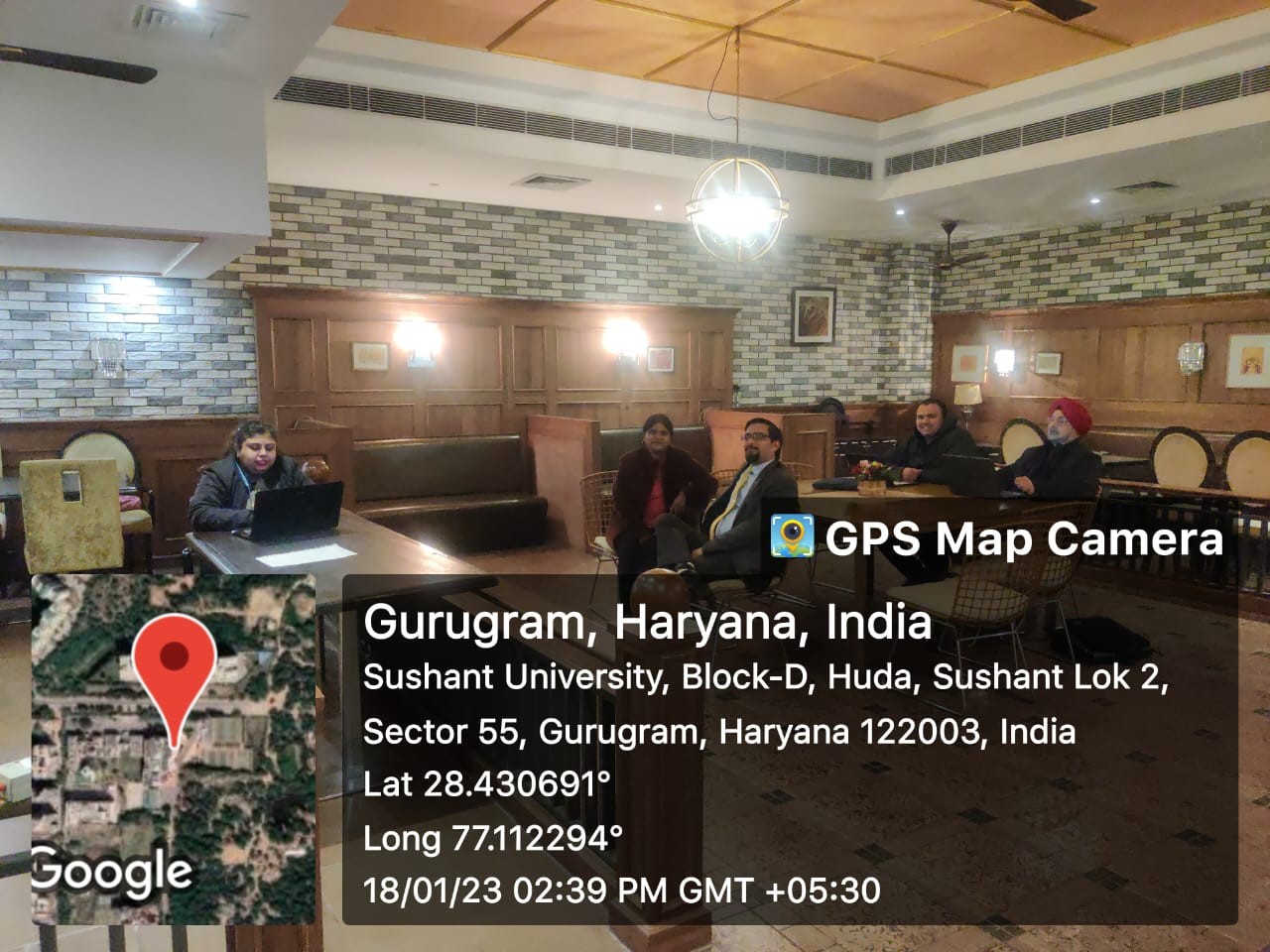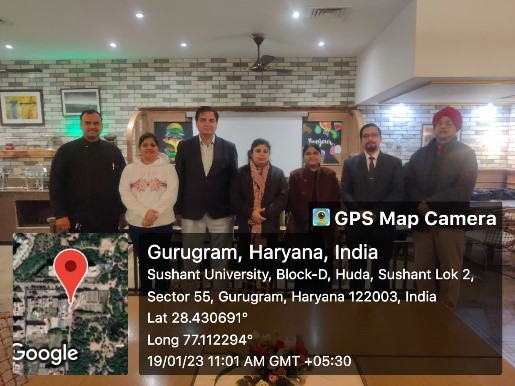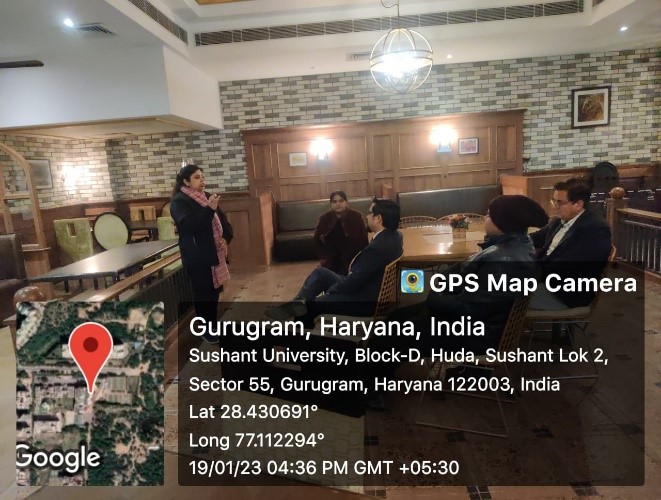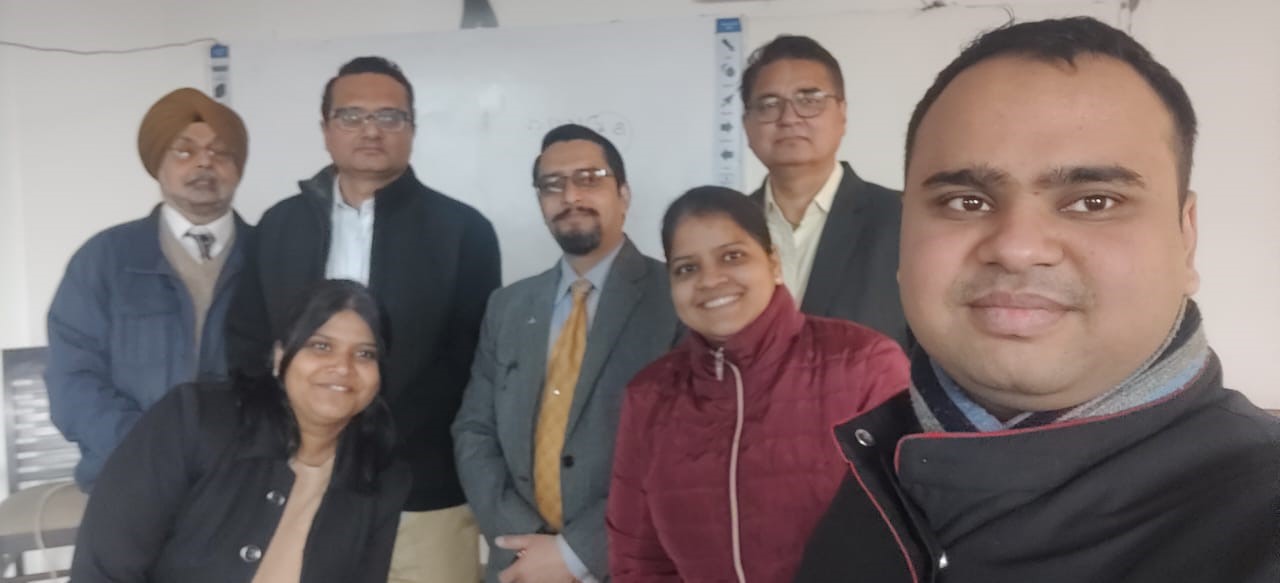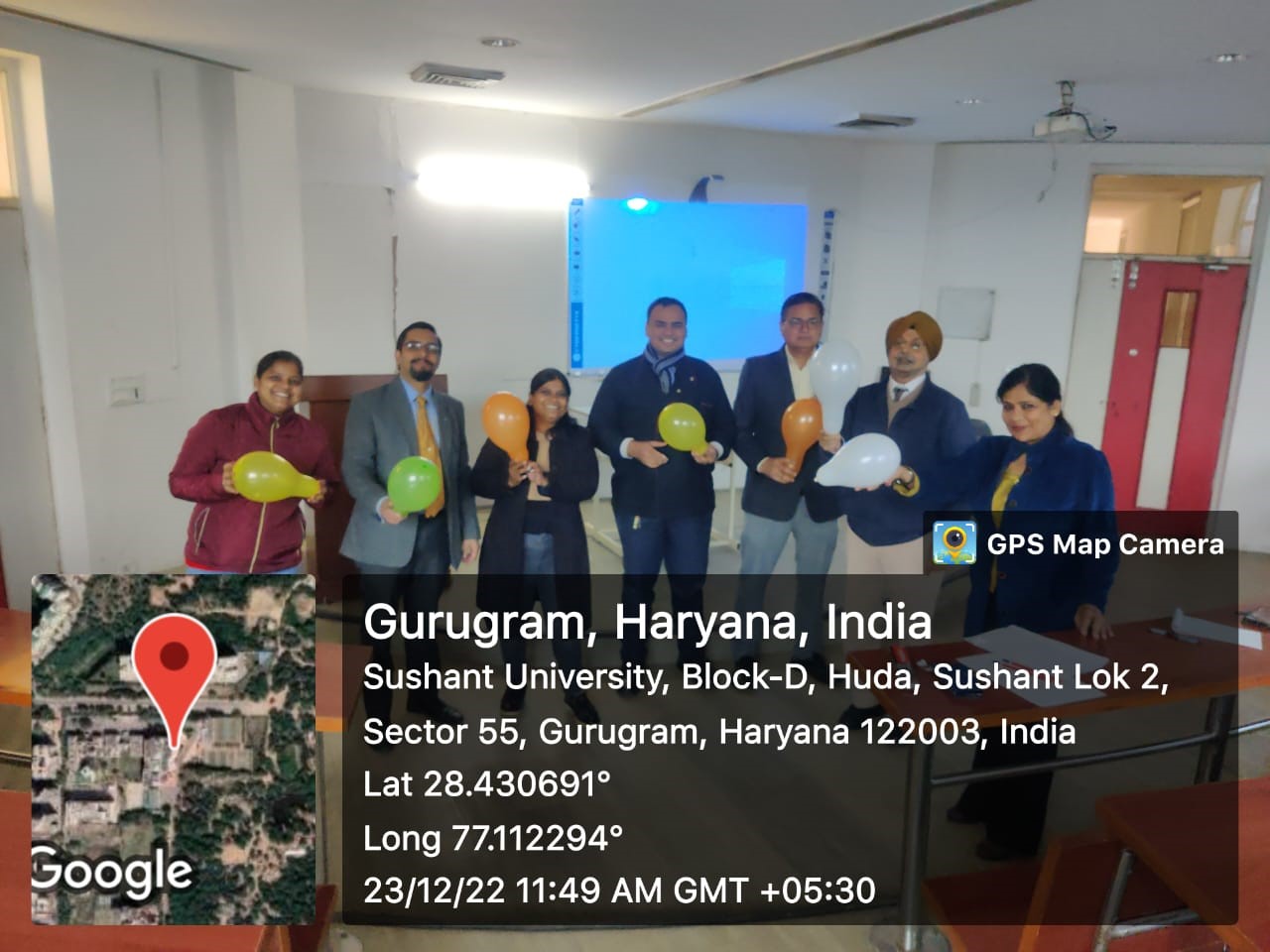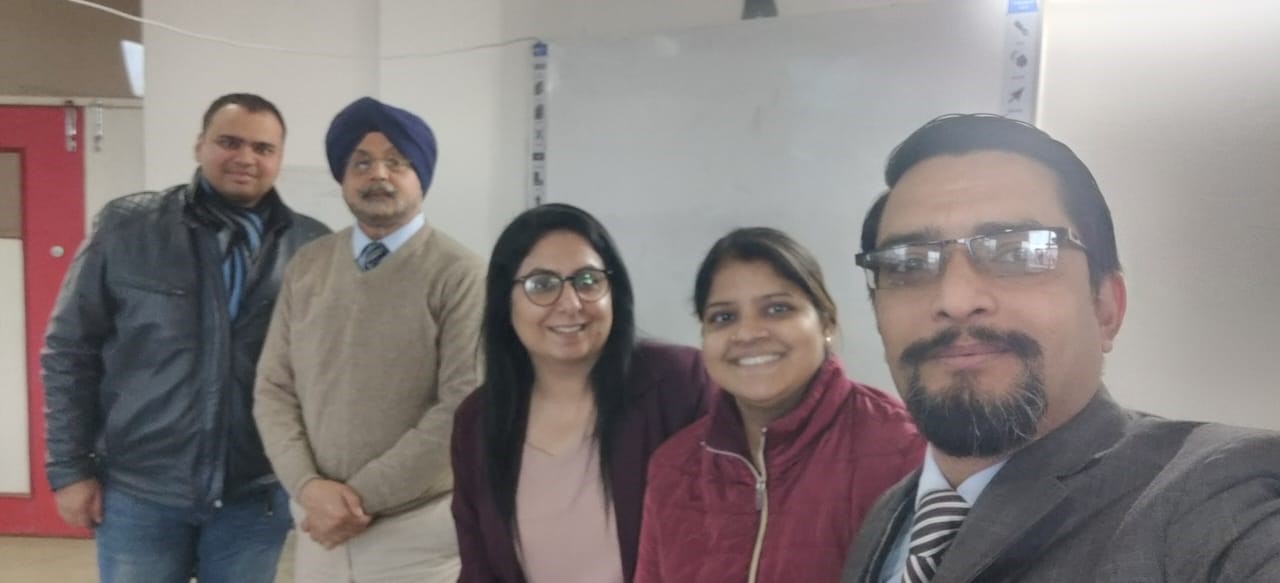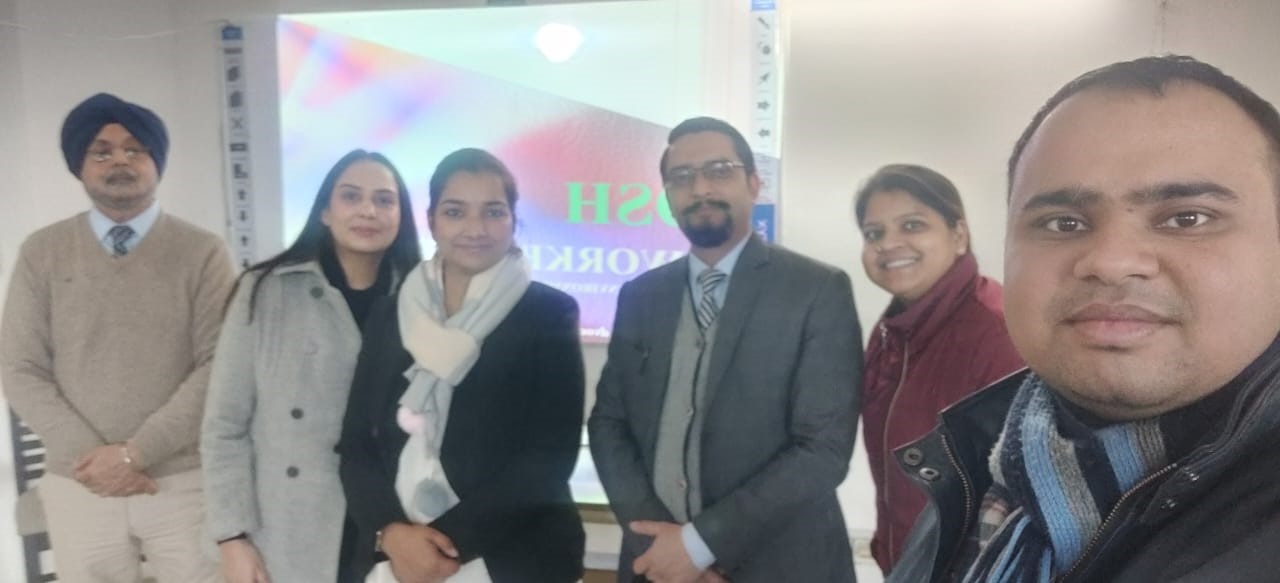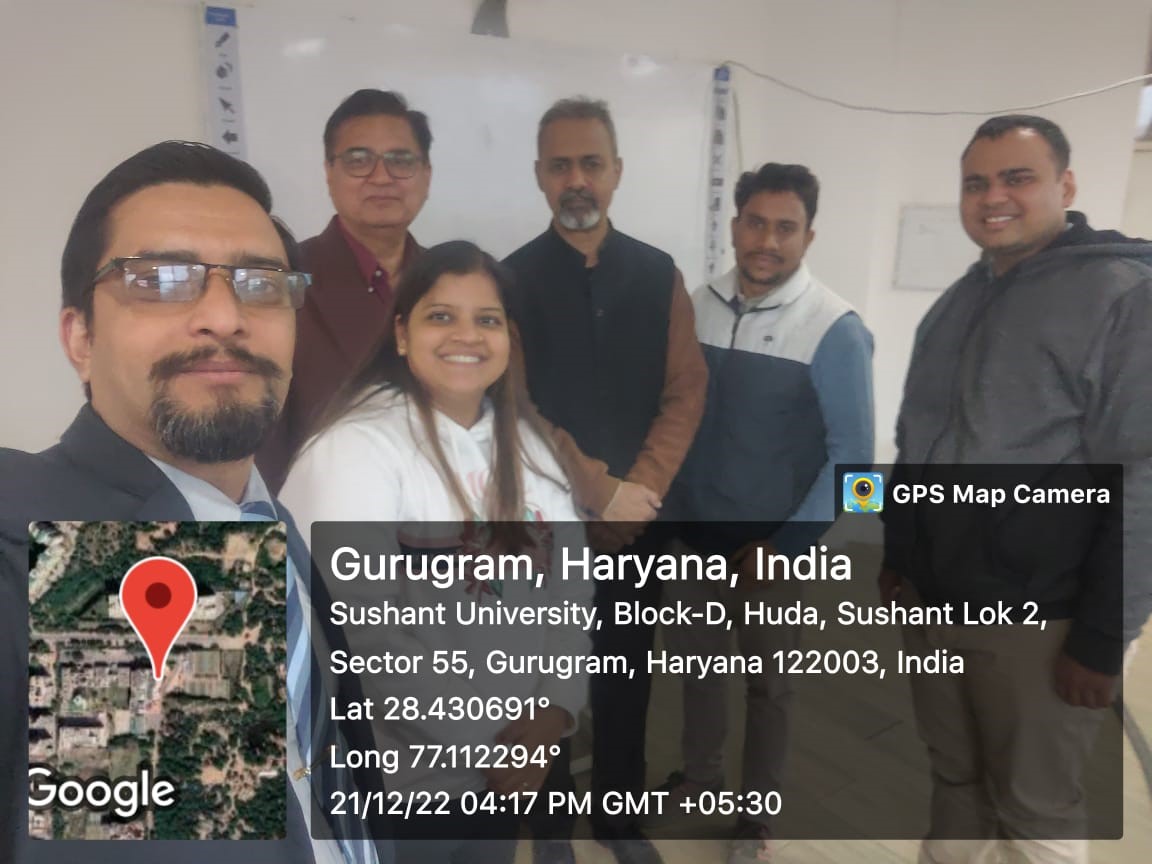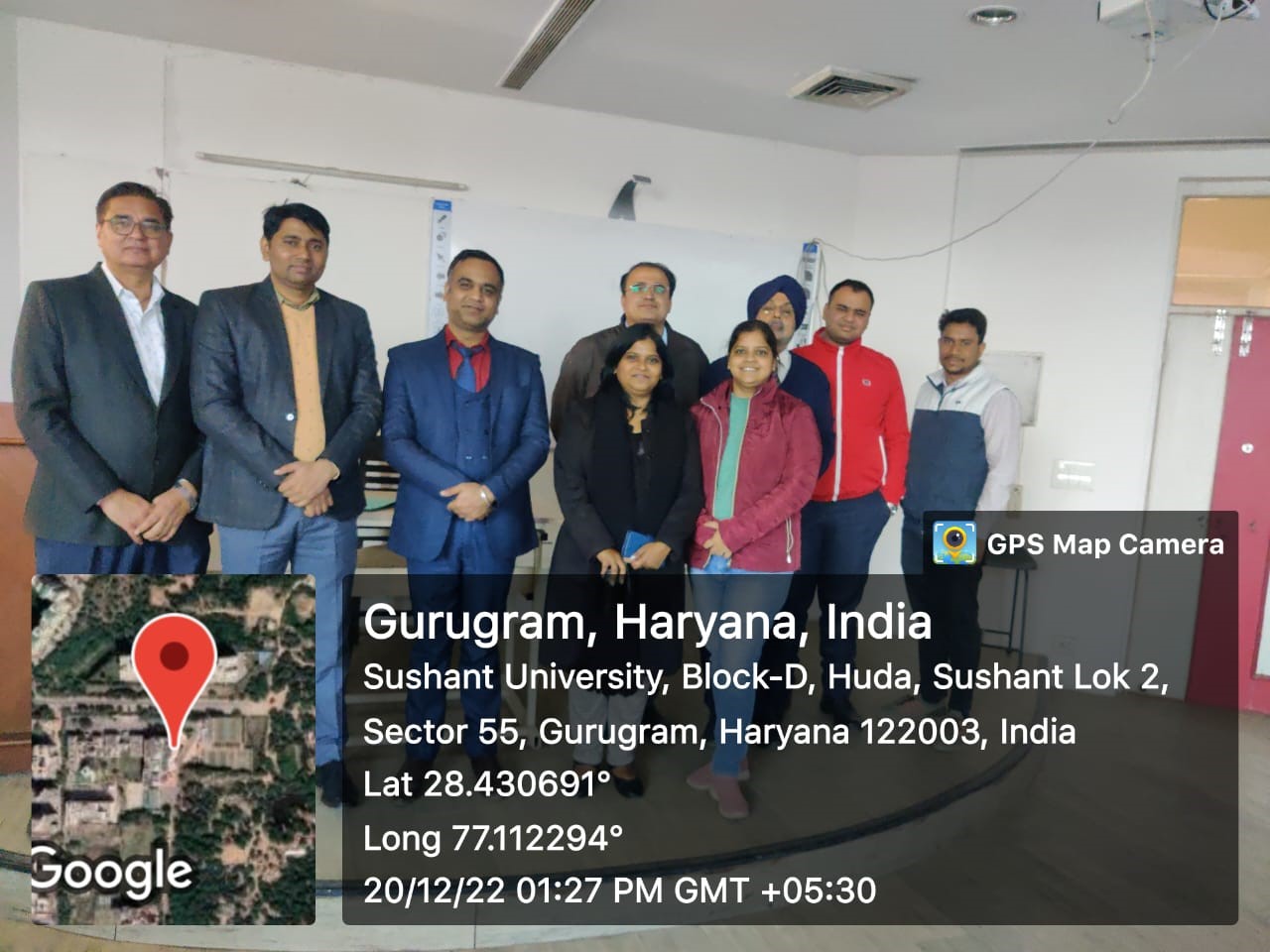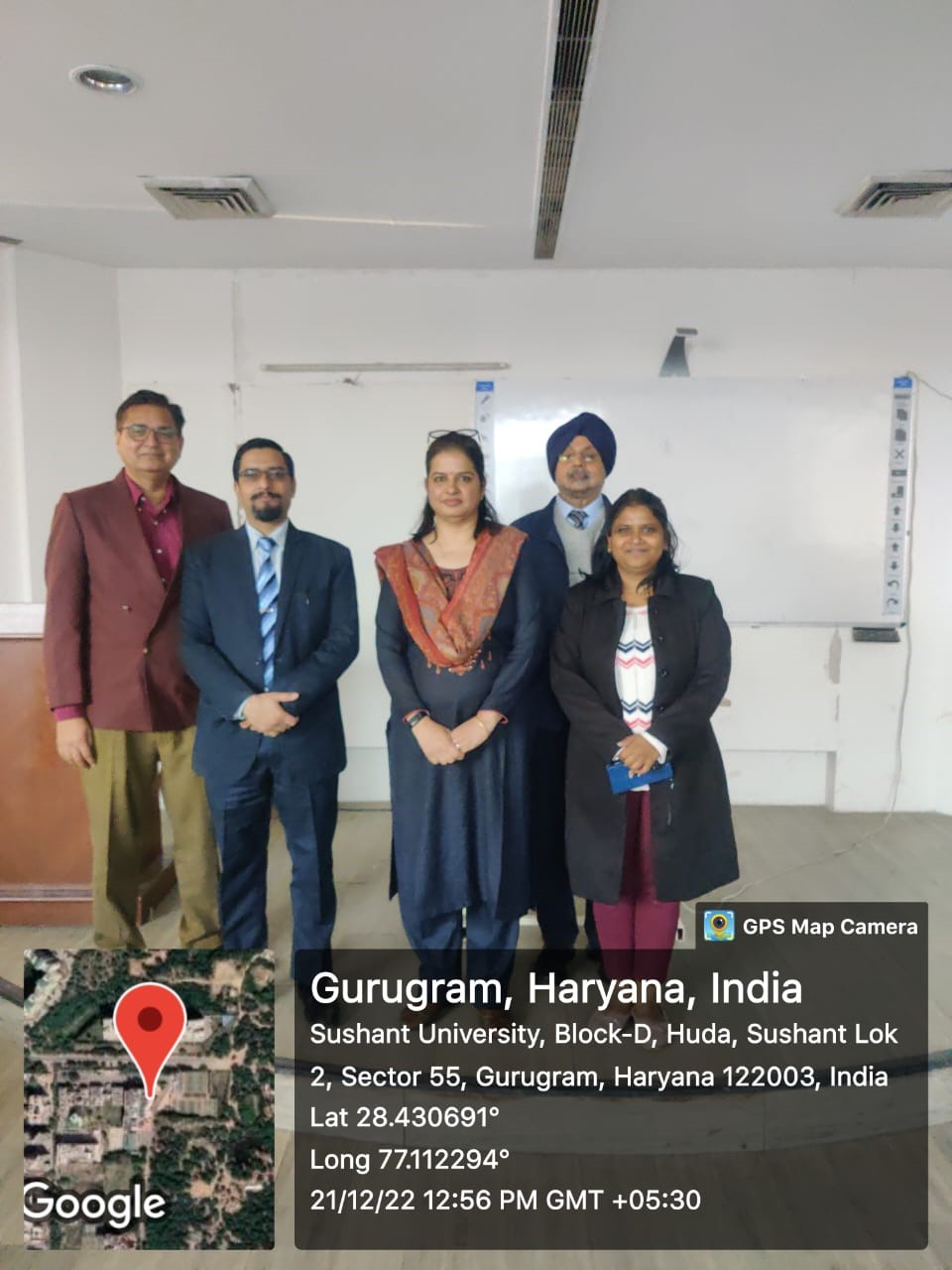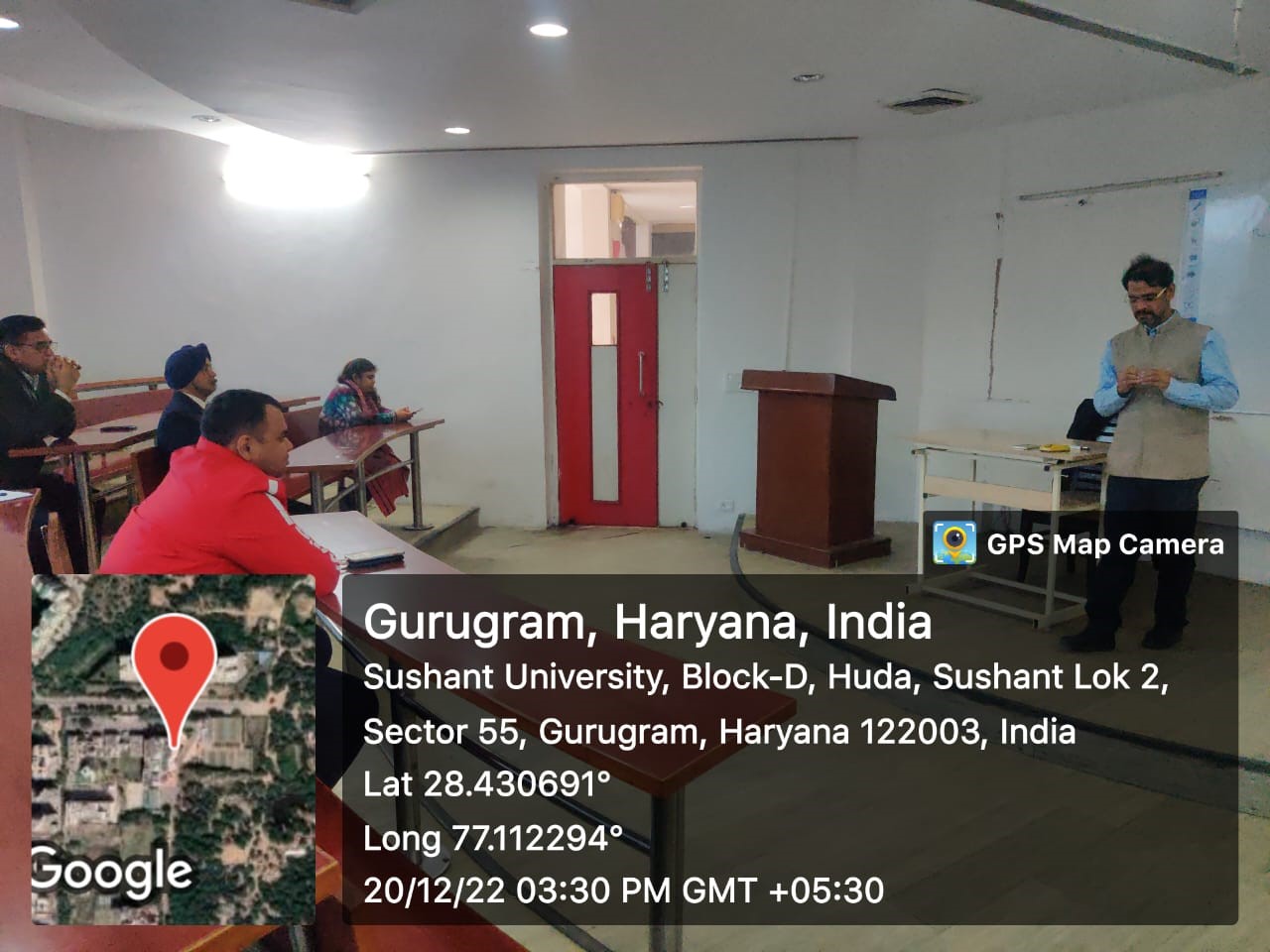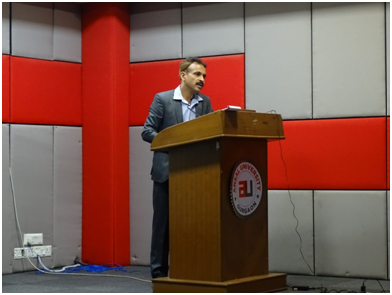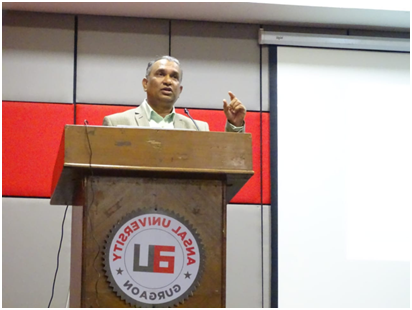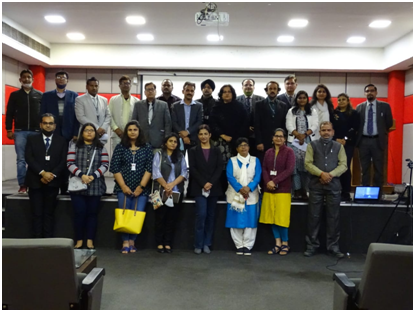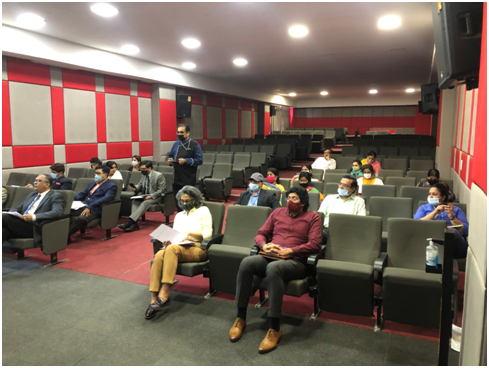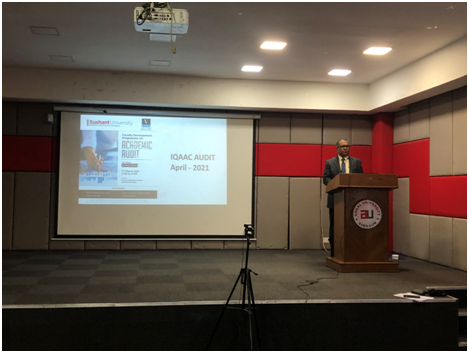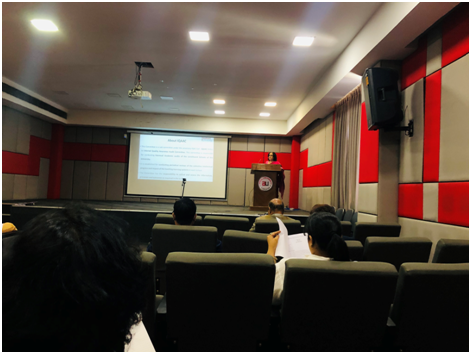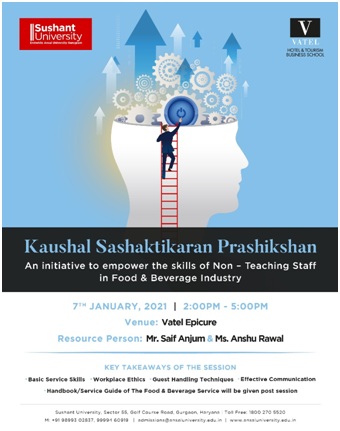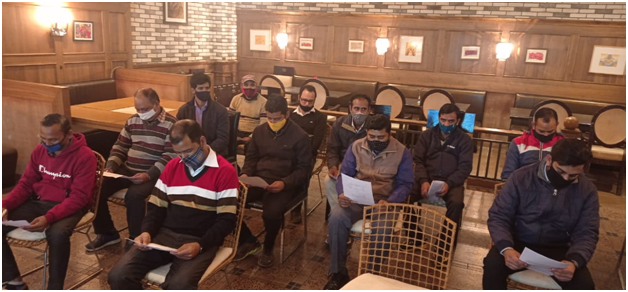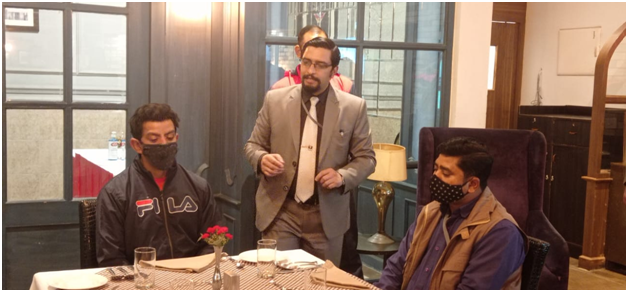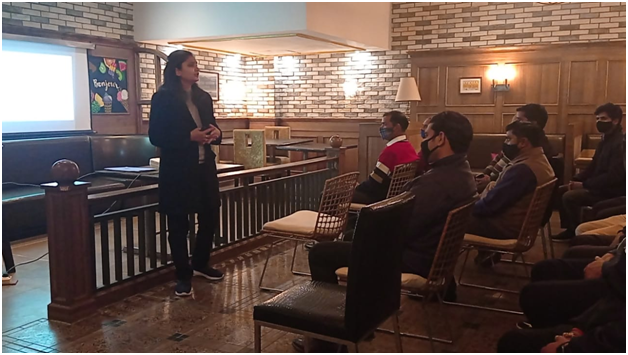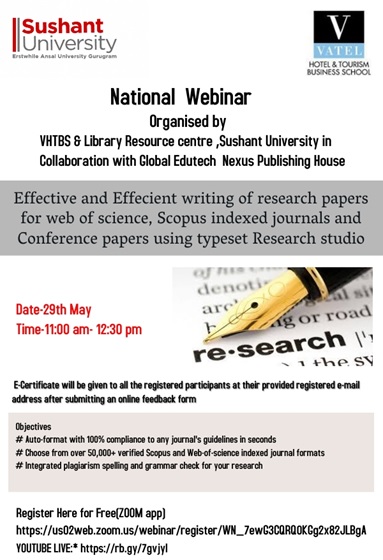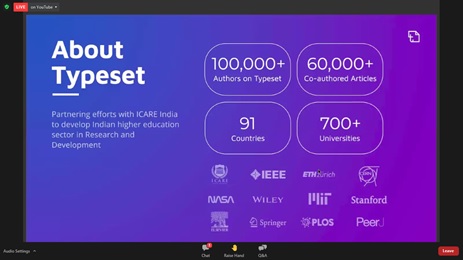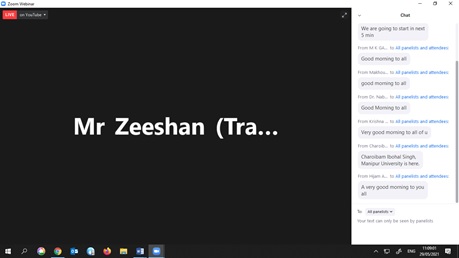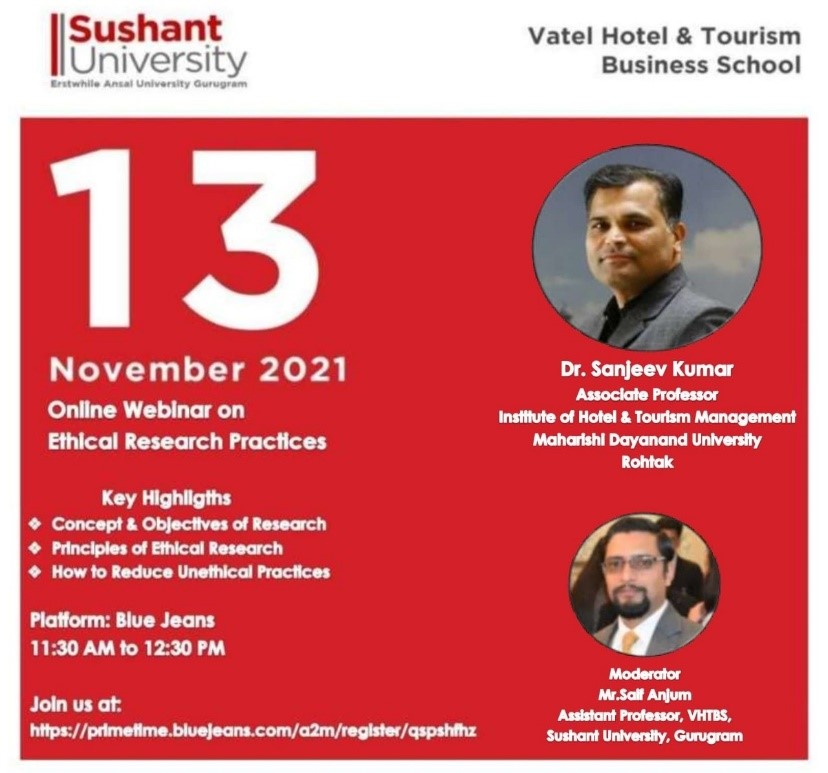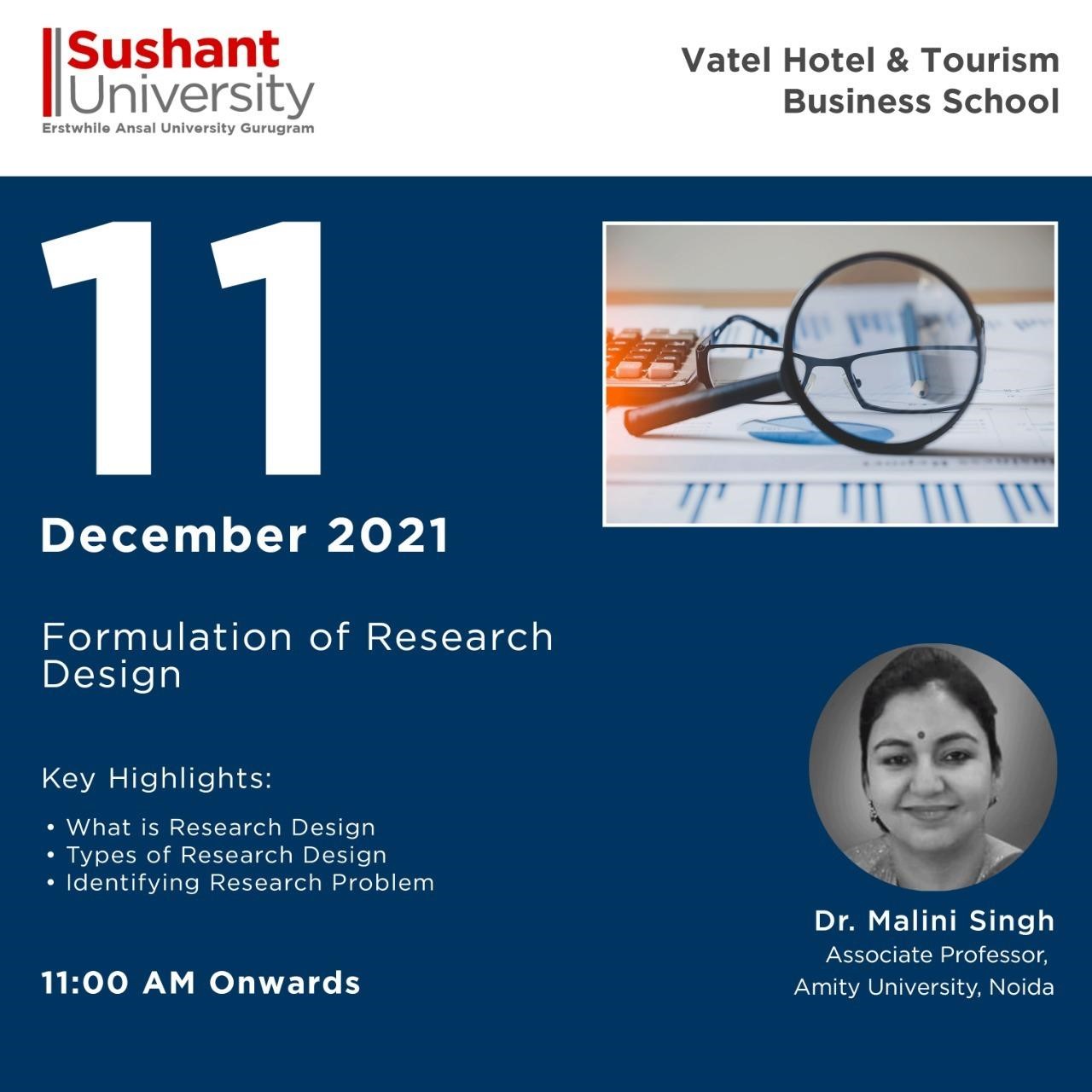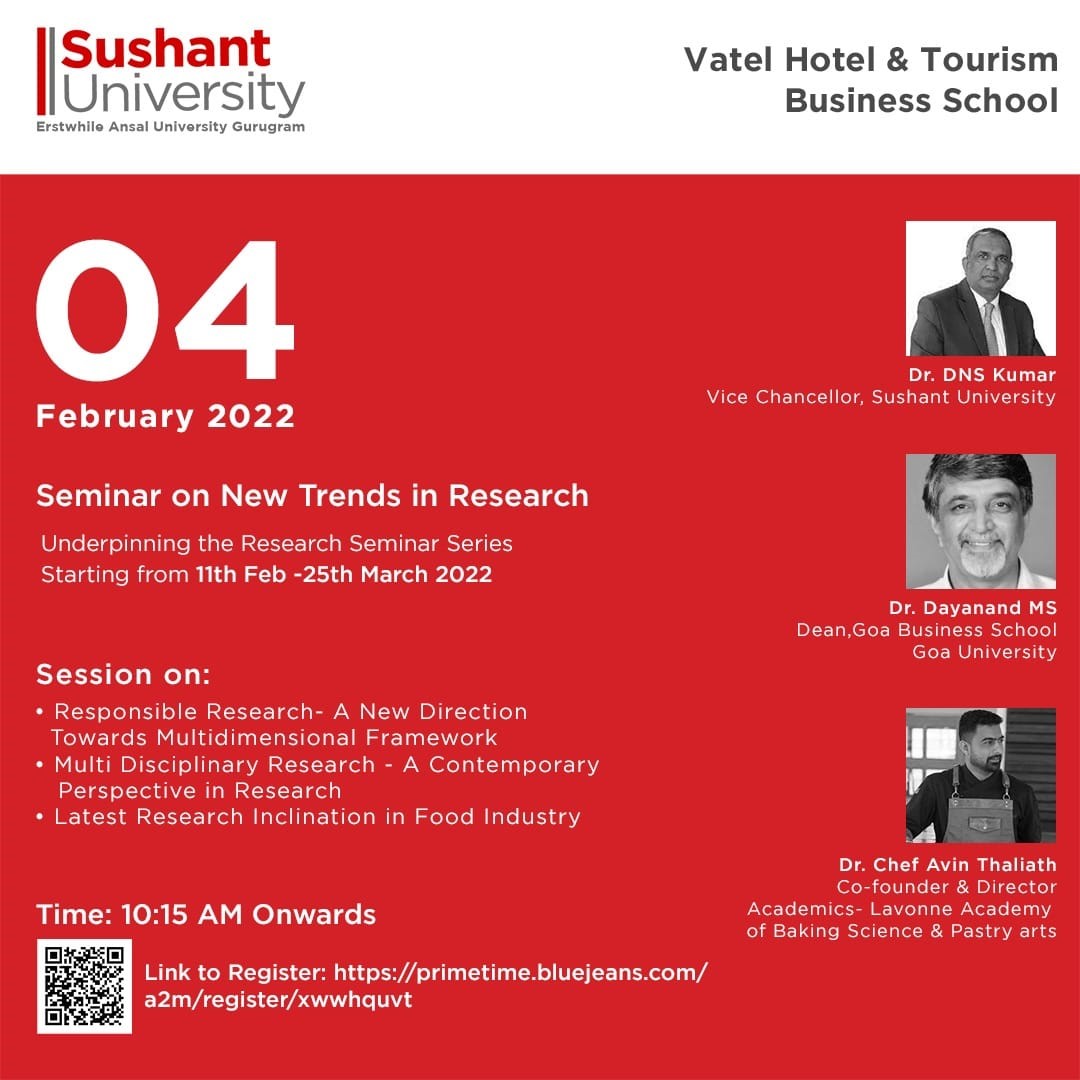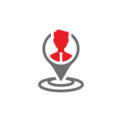WE are all living in an era where we see that our reliance on digital technology is gradually transforming into a near or a complete dependence on it. The use of computer-based and mobile phone based applications are increasing day by day and, apart from easing our systems and procedures, they are proving to be of tremendous help as they are readily available, easy to apply and to analyze, examine, study and evaluate any information that one may want to process and in the way in which one may desire.
The academic world has been a forerunner and its use of technology in the teaching process has increased, especially after the pandemic. The 5-day faculty development programme conducted by the Vatel Hotel & Tourism Business School, Sushant University Gurgaon, from July 18 to 22, 2022, in collaboration with several internal and external resource persons impressed upon the term Phygital, thereby encompassing the physical and the digital aspects of learning within and outside the classrooms.
Subjects like the Phygital learning benefits, which induce increased student interest and end classroom monotony, increase autonomy and ownership of learning leading eventually to enhanced learning outcomes were deliberated upon. Such flexible, digital classrooms are more suitable for self and continuous learning and promote innovation, upskilling and the curiosity to learn.
Mr. Joseph, while elaborating upon the people who could benefit from it said all who wanted to go in for regular studies, continuing education and also the frontline learners who were interested in capacity building could immensely benefit from it. Besides, the underprivileged and the women learners who had constratints of time and movement were the ones who could draw a lot of advantage from such learning systems as they are accessible, flexible, scalable and communicate quality content with a standardized delivery. Such programmes can prove to be a boon for the employed people who wish to continue their studies.
Analyses and comparisons were drawn between the way the physical and the digital instructions progress with their synchronous and asynchronous aspects of pedagogy. Mr. Joseph, in his discussion about making Phygital happen, said that the facilitator adaptation, competency building and to call on support for students was one of the most necessary steps. There is a need to create competency based modular courses and a multilingual LMS. Be that as it may, there are are also a few challenges of a digital divide and there are students lacking the necessary infrastruture and gadgets. Ther is also a fear of the traditional curriculum being adjusted in the phygital mode.
Mr Abhishek Antil, the I-T head of Sushant university, Gurgaon, being a software engineer, took stock of the present situation and envisioned the future of the things to come in the field of virtual pedagogy, which would have flexible classrooms with various combinations, gamification, all leading to self-paced adaptive learning plans. This would entail preparation of advanced subjects, soft skills, and competitive exams in the classrooms without intervention or dependence on any external resource. This would not have the necessity of hiring teachers or subject-matter experts and will get national and international collaborators at no additional costs.
Abhishek Sir then elaborated upon the various icons and symbols readily available on the email screens of which we tend not have much knowledge or have never felt the necessity to use them, irrespective of their being highly useful in organizing, planning and in further developing the quality of the course delivery. He said the blended learning was an amalgamation of face-to-face teaching and digital learning and this is exactly what is going to be the new norm in the near future. He also elaborated upon the several tools which are being provided by Google, which are totally free and might come in handy while conducting researches and deep studies.
Chef Sunil Kumar, academic coordinator, Vatel Hotel & Tourism Business School in his presentation on the dynamics of Power Point Presentations demonstrated the various possibilities available for choosing the background, the font, the size, animation and video clips while doing a power-point presentation. The subject-matter that one desires to communicate becomes more emphatic and forceful when presented to the audience in an analytical and a logical style.
Dr. (Chef) Saurav Chhabra in his presentation who blended the Phygital learning with the importance of Bloom’s Taxonomy. The title of his presentation was Preparing an Effective Course Learning Outcome as per the new era with the help of Bloom’s Taxonomy. He demonstrated the various stages of learning that a student goes through, which can be broadly categorized as Low Order Thinking and a High Order Thinking levels. He said the programme outcome cannot be achieved by one single module and that the programmes should be specific, measurable and concise.
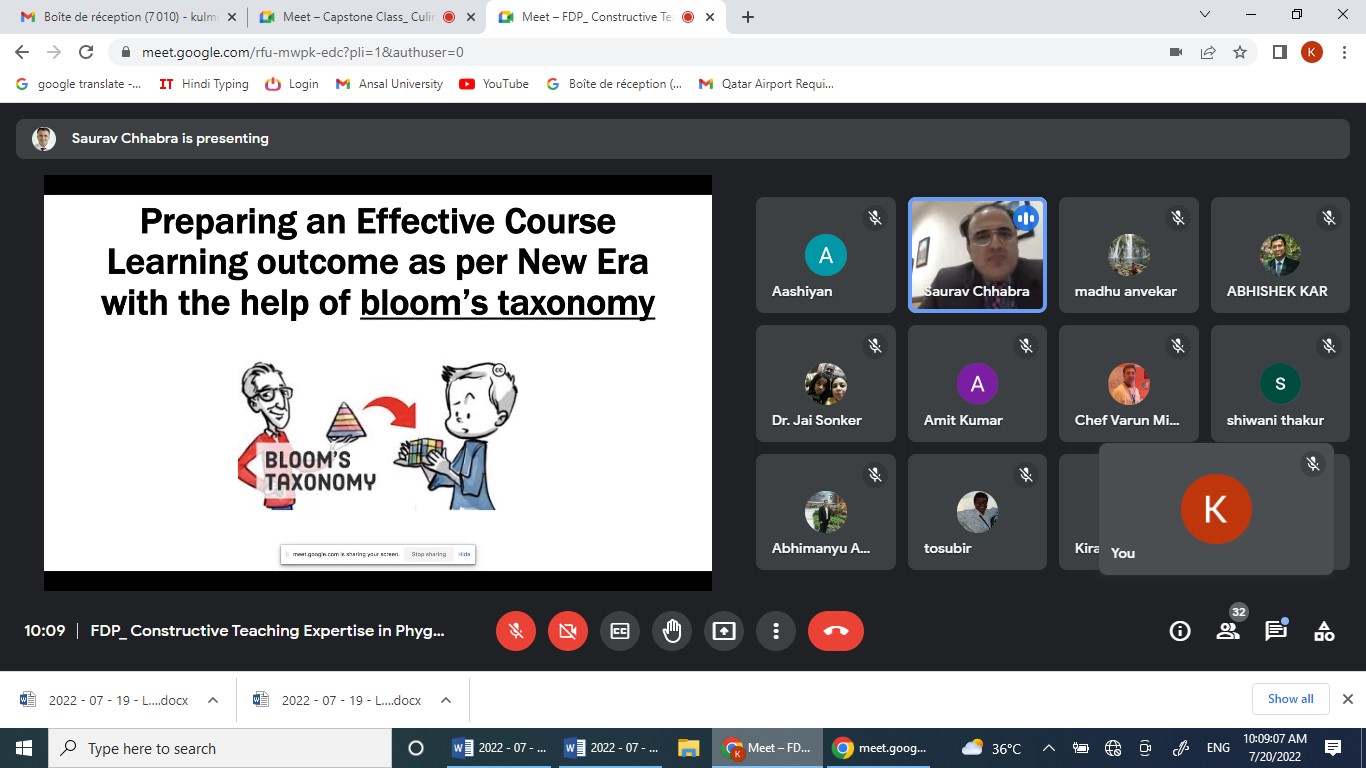
Giving a brief background about the American educational psychologist who created his Taxonomy initially way back in 1956 and then further refined it over a few years, Chef Saurav said that all efforts should be made by the teachers and the professors must categorize the thinking and intelligence level of students to ensure that they move more towards the analytical, creative thinking, rather than working upon the knowledge of the basic hard facts.
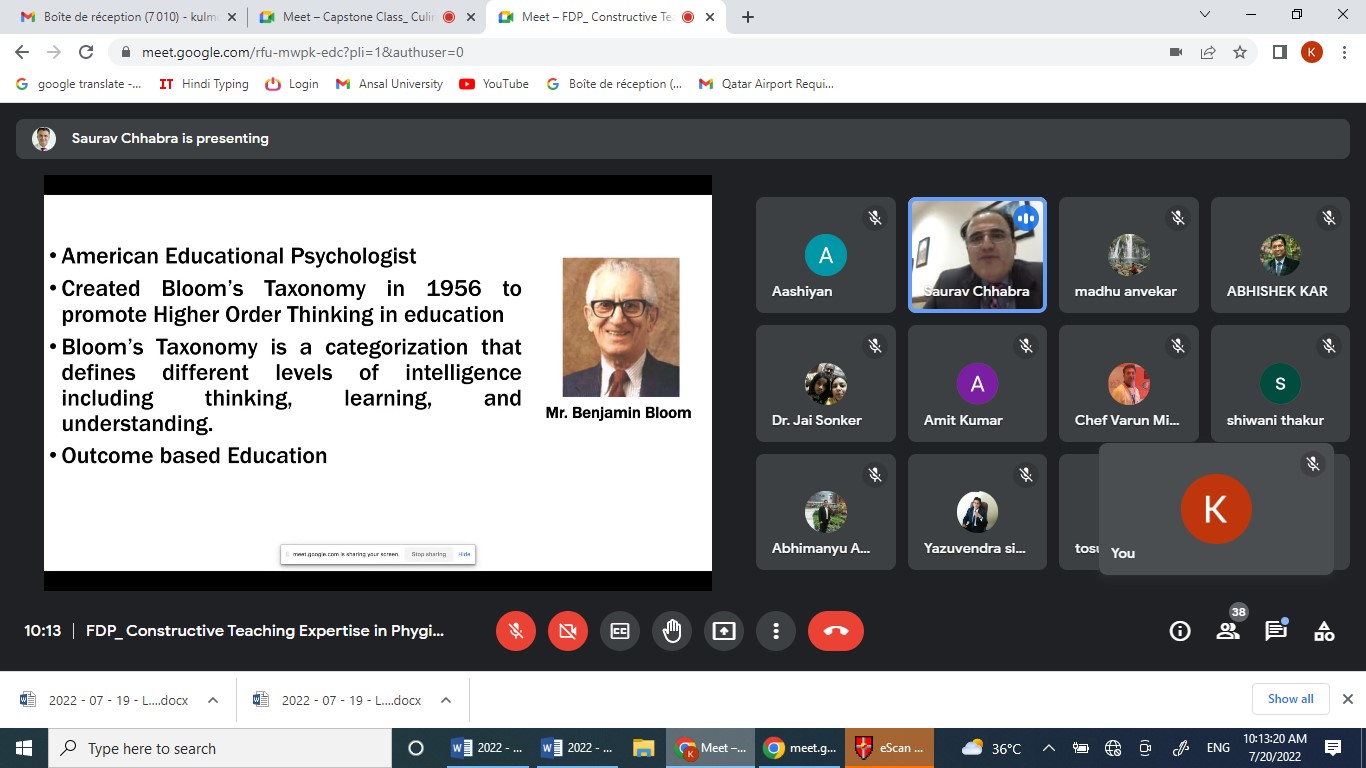
Outcome based education is the need of the hour where each set of education is set around goals and the emphasis is laid on a clearly articulated area of what the students must necessarily know. This replaces the time-bound curriculum of traditional learning. the significance of the outcome-based education was greatly elaborated upon and leads to the achievement of higher order learning, thereby not limiting itself to an exercise of credit collection. Students must strive towards excellence and move up the ladder and achieve mastery on critical thinking. The cognitive, affective and the psychomotor domains of Bloom’s taxonomy were discussed in detail.
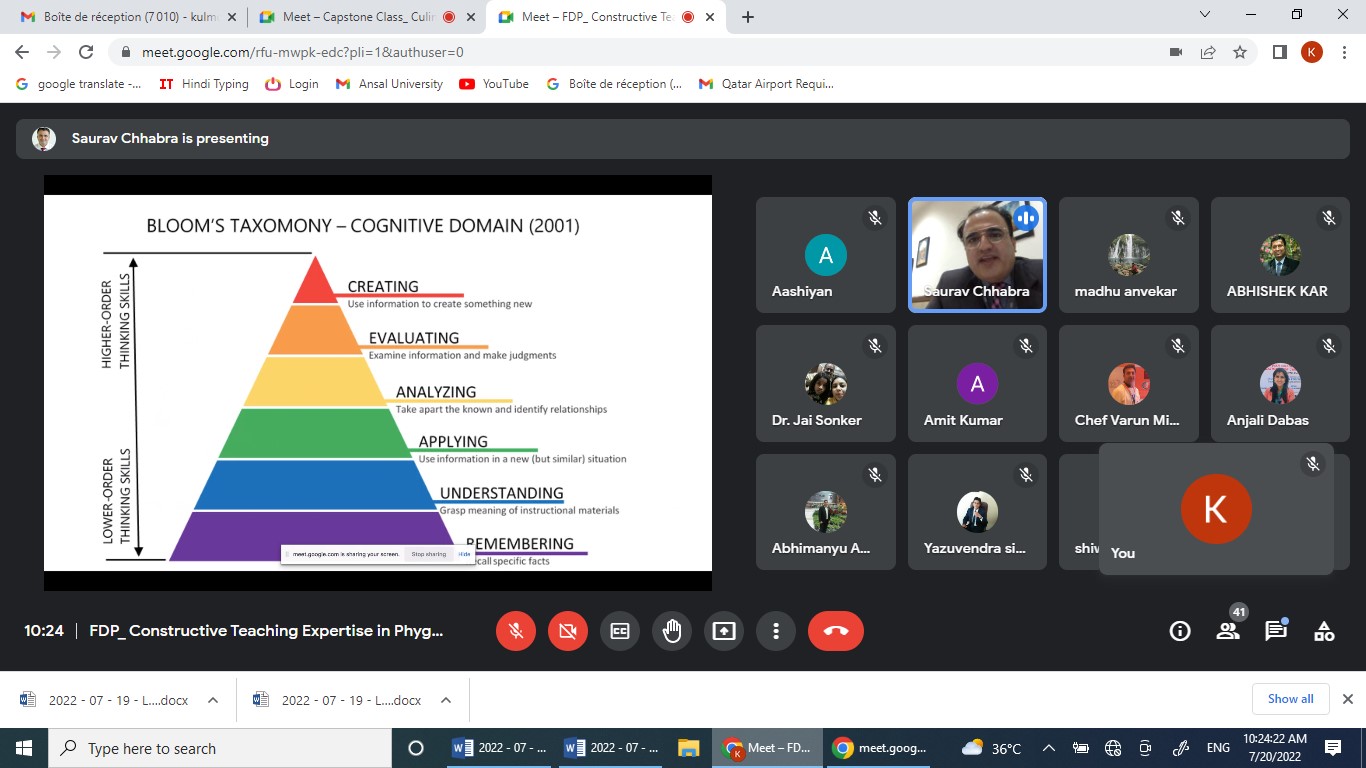
Elaborating further upon the High Order Thinking, which entails transformation of facts and ideas, he said that this transformation happens when students merge these two and arrive at some conclusions or interpretations. All outcomes of learning should be observable and reflect applicability. The measurability can give students alternative methods of demonstrating their learning in case one method does not work and the applicability will lead to improving the standards of working and of living
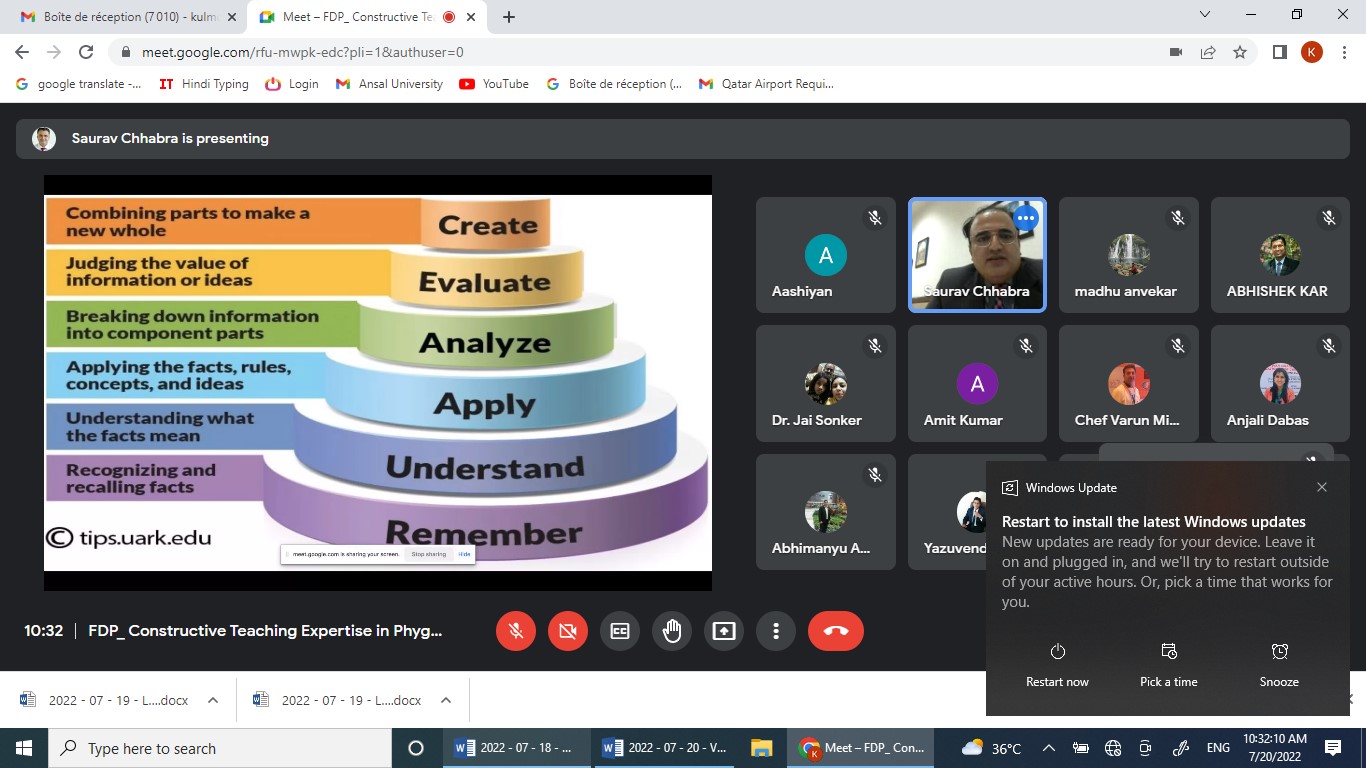
The higer order thinking questions are usually exploratory, relational and diagnostic and are of generalising and summarizing nature. In the examinations the purpose of getting the correct facts or the relevant information from the students will depend upon the way the questions are framed. The questions starting with the Describe right to the level of Justify is the voyage towards a more mature and an analytical mind.
Dr. Sudipto Sarkar, in his talk deliberated upon the ‘Low Tech Approach Towards Learning’ in which he discussed the limitations that the limitations of online learning which, besides reducing the direct interaction between the student and the teacher, also reduced the opportunities of hands-on learning. he further went on to say that many practical and vocational subjects cannot be learnt virtually and, therefore, he stressed upon the fact that the situation of blended learning should be introduced. He also spoke about the A to Z teaching methods
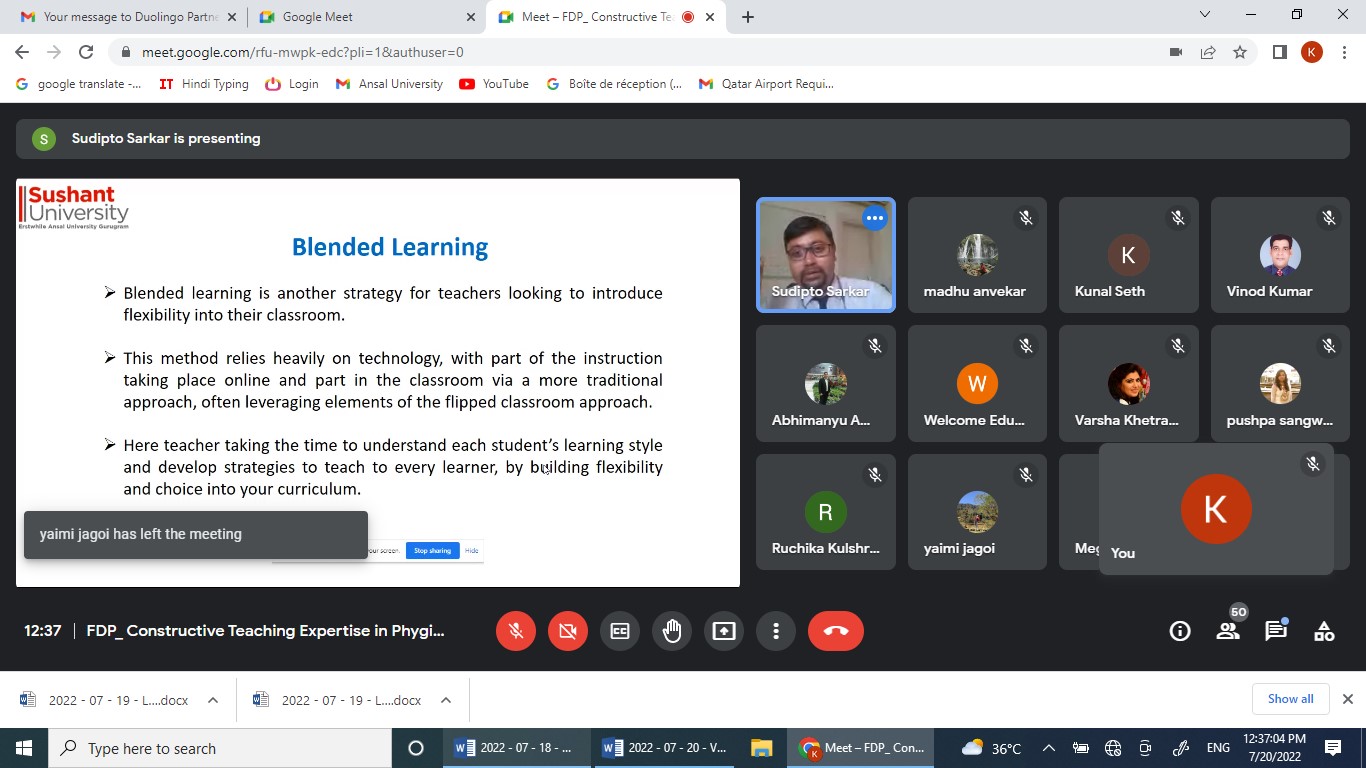
Dr. Atul Kumar Aggarwal of School of Business, Sushant University spoke about the ideals of conducting case studies and began with the psychological perspective and the peculiarities between the case writer and an article writer in which, he said that whereas the purpose of the article writer is to tell others, the case writer creates for the others. The article writer writes a complete story, whereas the case writer lays out information to entice others to actions, analyses and reflections.
The purpose as to why a particular case is being written needs to be identified and the case writer must put down his own ‘personal’ facts and findings rather than borrowing other peoples’ expressions and data. Cases can be produced in text, videos and put on podcasts and can be industry based, company based or can deal with the functional areas of management. The process of case-writing entails a system as follows:
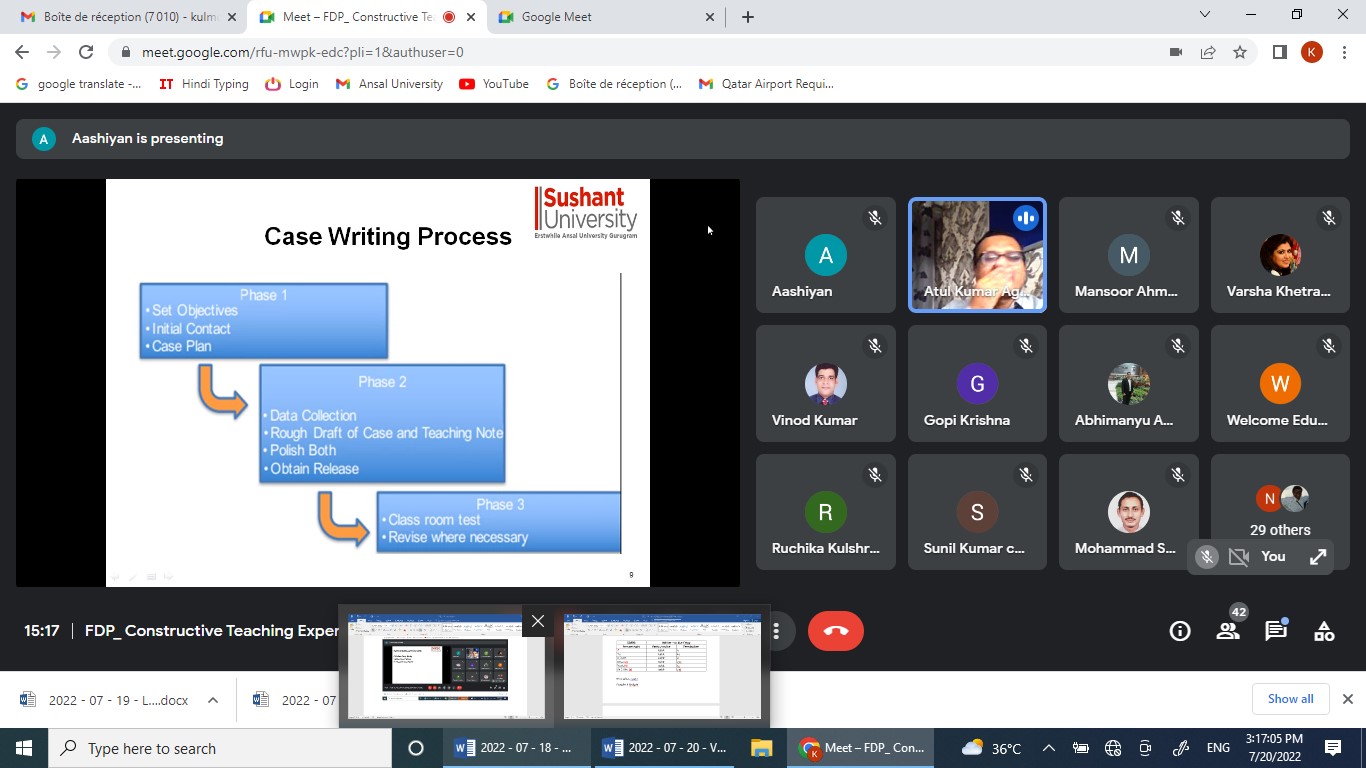
Dr. Surabhi Goel , while elaborating upon the Indian higher education system compared the present mode with the ancient education, and discussed the ways in which it has progressed during the pre-independence and the post-independence periods. Deliberating further upon the guidelines ordained by the University Grants Commission (UGC), the National Assessment Accreditation Council, (NAAC), the National Board of Accreditation, (NBA) and the National Institute of Ranking Framework (NIRF) she clarified that all these regulatory bodies have specific functions which work within defined parameters. The Internal Quality Assurance Cells, (IQAC) are established by the organisations within their operational framework and keep evaluating the various systems and procedures with regard to their conformation to the regulatory bodies.
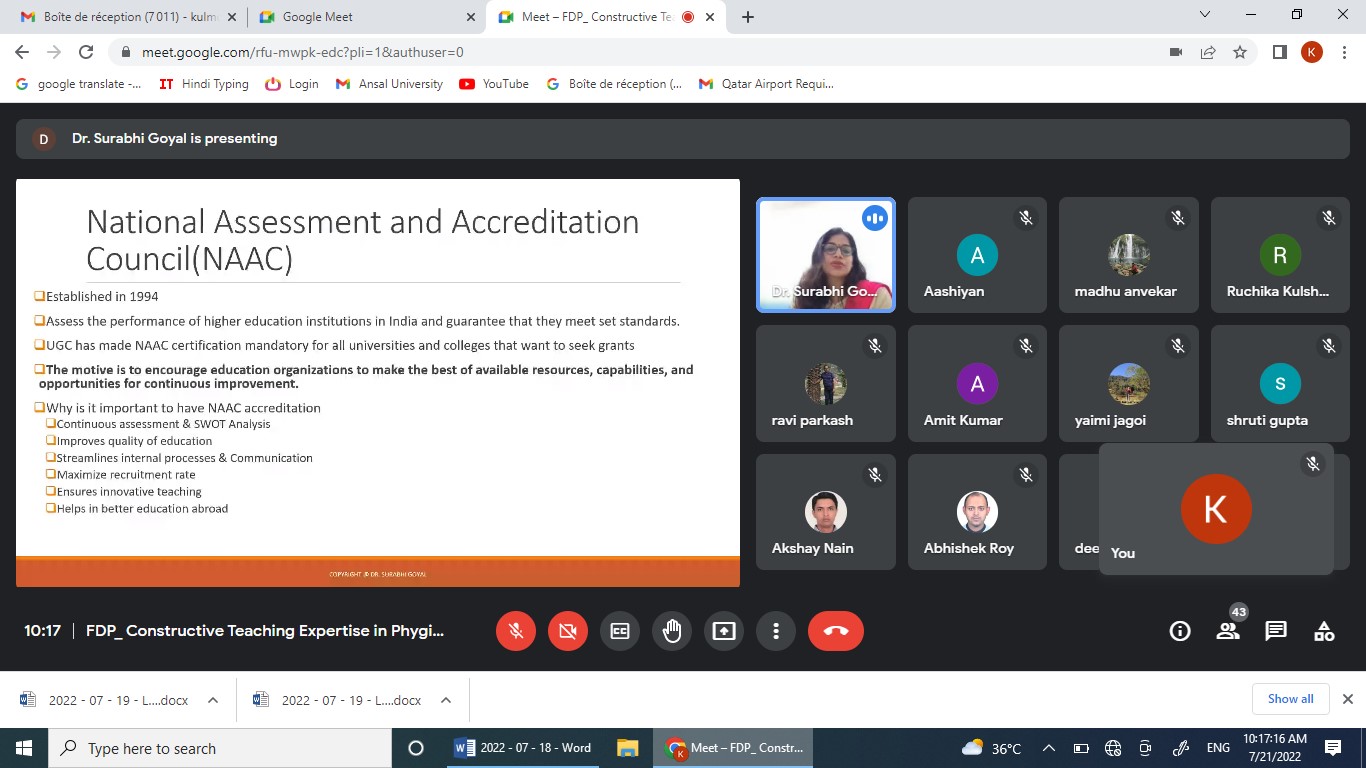
The IQAC was required for to establish clear education policies, create greater transparency, promote practical knowledge, enhance inter-departmental coordination leading to a better institutional function.
Besides this she spoke about the Government programmes like Deeksharambh, an induction programme for students, Jeevankaushal, imparting life skills to students, Gurudakshta – faculty development
Dr. Anjali Sehrawat, assistant professor, in her deliberation about the subject Quality Assessment Tools in Education spoke about assessment being a systematic basis for making inferences for the learning and development of students, in which, she said the assessment tool is a technique or a method of evaluating information and the methods must differ, based on context and purpose.
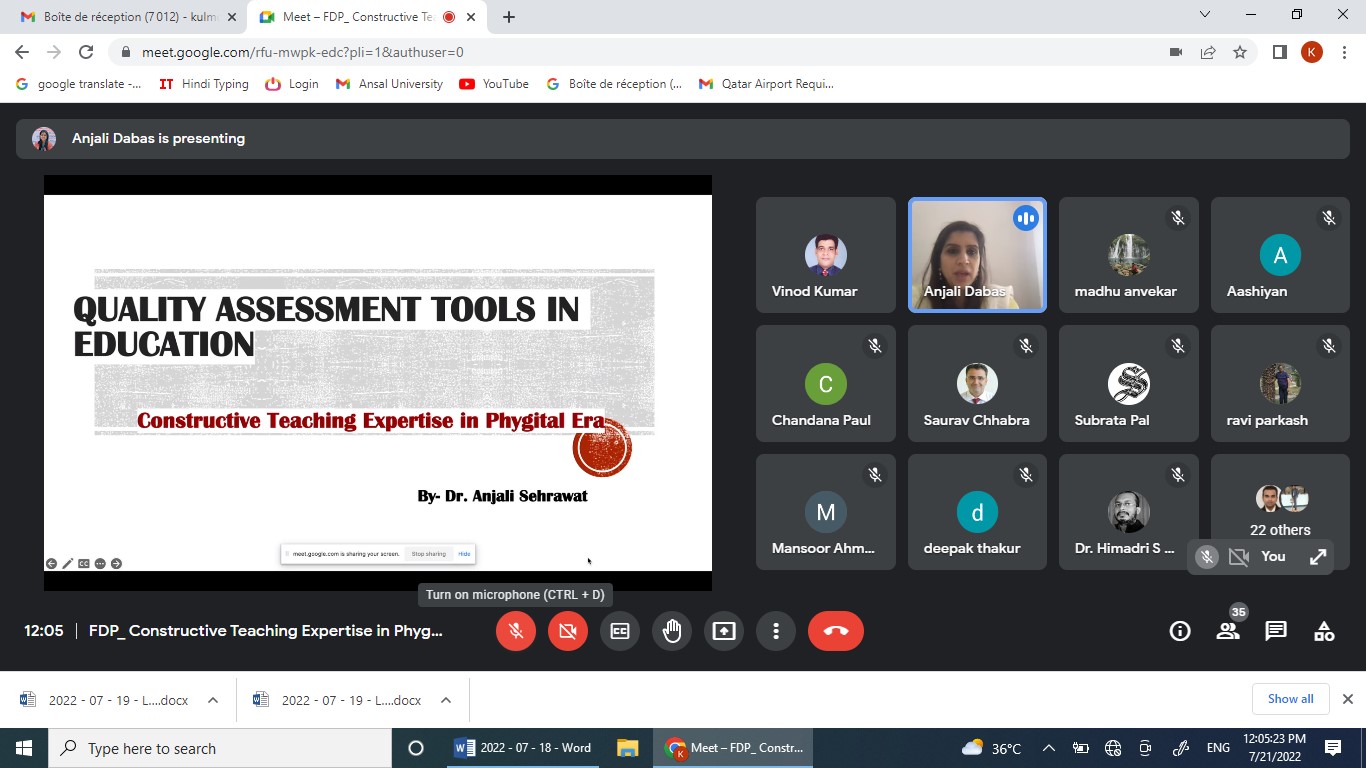
Citing about the advantages of assessment, she said that there were two types of assessments, namely formative and summative, which play a very important role in the learning-teaching process.
Dr. Latika Duhan of Sushant University contributed significantly in the area of Quality Assurance in Higher Education. She began by citing the saying of Dr. ban Ki Moon, the former secretary-general of United Nations who said “Education must
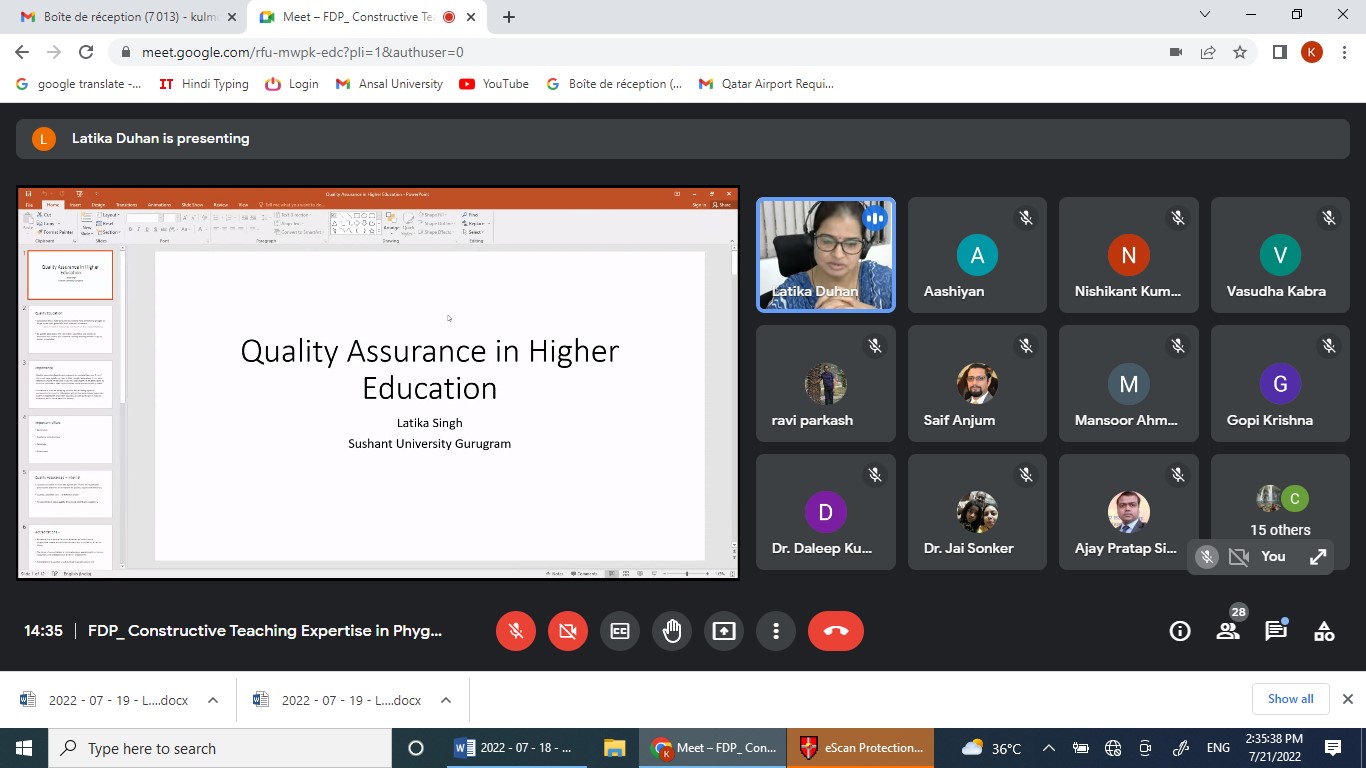
fully assume its central role in helping people to forge more just, peaceful and tolerant societies.” This implied an equitable and a standard education for all.
She said that quality education lays the groundwork for social fairness. It allows residents to participate as much as possible in their communities’ social and economic growth. The important pillars of education, she said, are the curriculum, the academic infrastructure, pedagogy and assessment. The Internal Quality Assurance cell (IQAC) is a body that can be created within any organisation, whether commercial or educational which keeps stock of the adherence to standards prescribed by the regulatory bodies.
Accreditation, she said, is a widely used method in quality assurance and is an evaluation of whether an institution or a programme meets a threshold standard and qualifies for a certain status.
Dr. Arati Vaish dealt with the subject of web security, the risks involved and the methods used to mitigate these risks. The subject of Why Web Security was elaborated upon by her, in which she said the prime purpose was to websites, servers and the web applications from cyber-attacks and unauthorized accesses.
Dr. Indu Prabha of the Center of Soft Skills, Sushant University, who gave the last presentation of the FDP, spoke, besides touching upon the various other subjects,
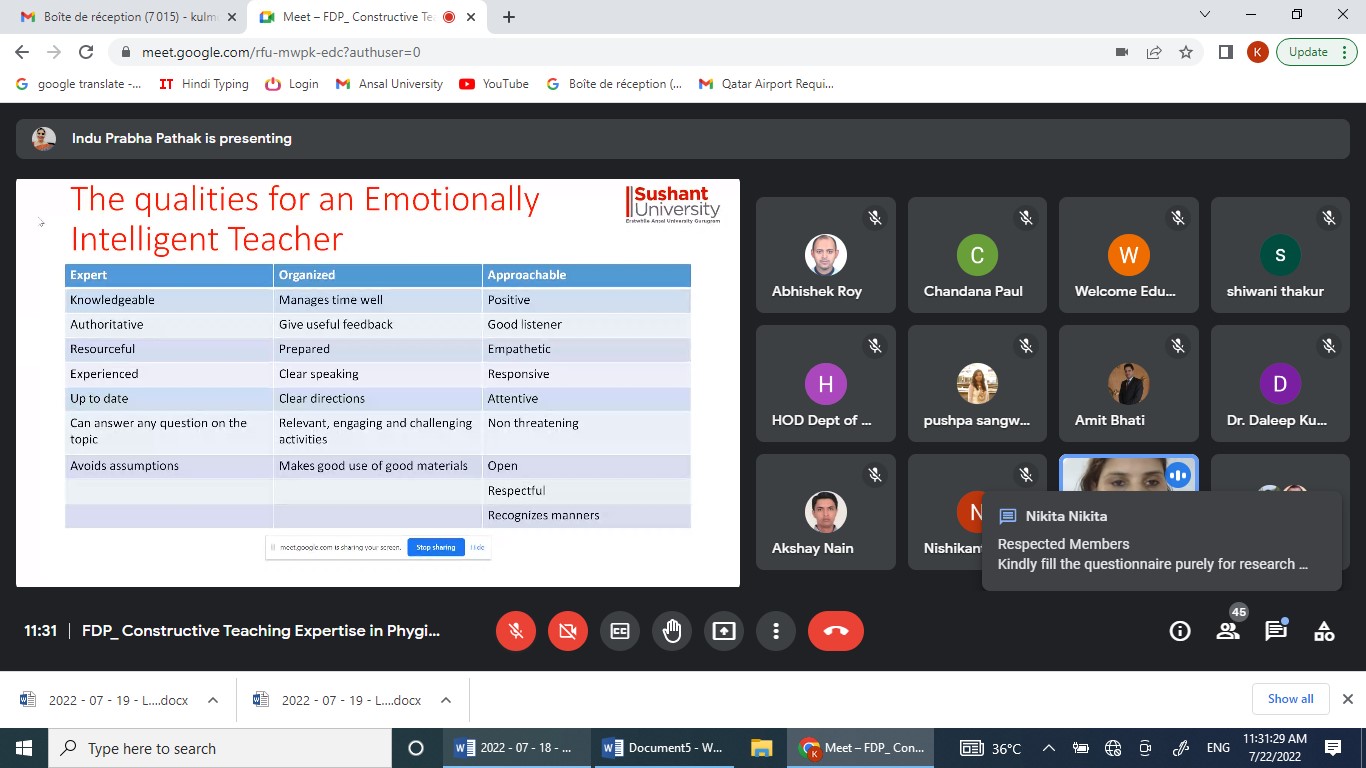
about Emotional Intelligence and elaborated upon how its proper implementation could help build confidence and increase proximity between the students and the instructors. She gave useful tips on self-management, relationship management which are the main ingredients helpful in enhancing the success of the student-teacher relationship.
Understanding a student’s situation and appreciating his or her point of view is the real sense involved in teaching with empathy and responding to learner expectations and having them share their expectations. Creating a situation where making a direct eye contact with the students and addressing them by their proper names was a step taken towards reducing the gaps between teachers and students. Adaptability of the subjects being taught and deploying one’s strengths are the two very important ingredients of successful pedagogy.
The 5-day webinar ended with a small self-assessment exercise on the two dimensions of emotional intelligence given by Dr. Prabha, followed by a vote of thanks proposed by Mr. Kulmohan Singh.
